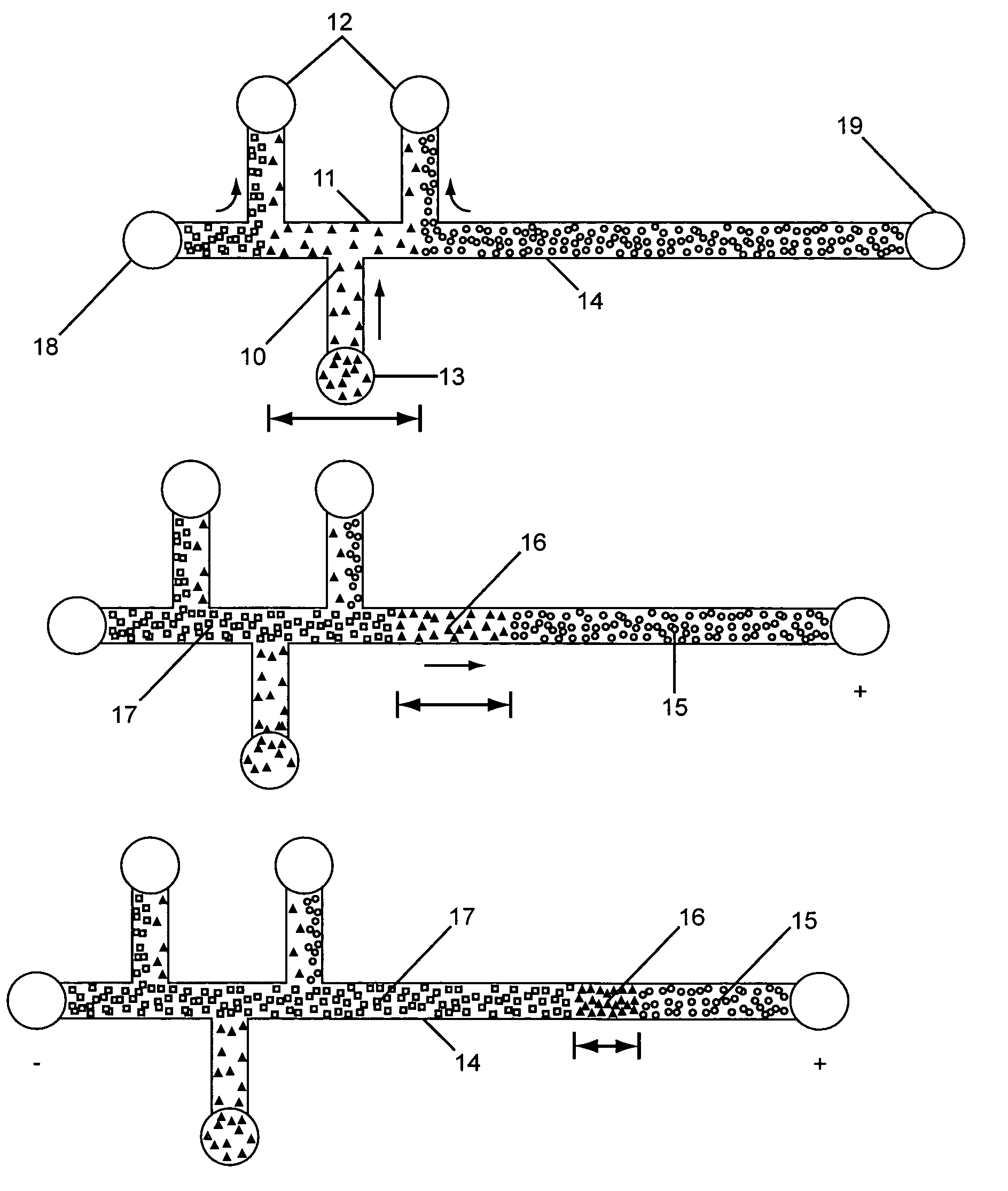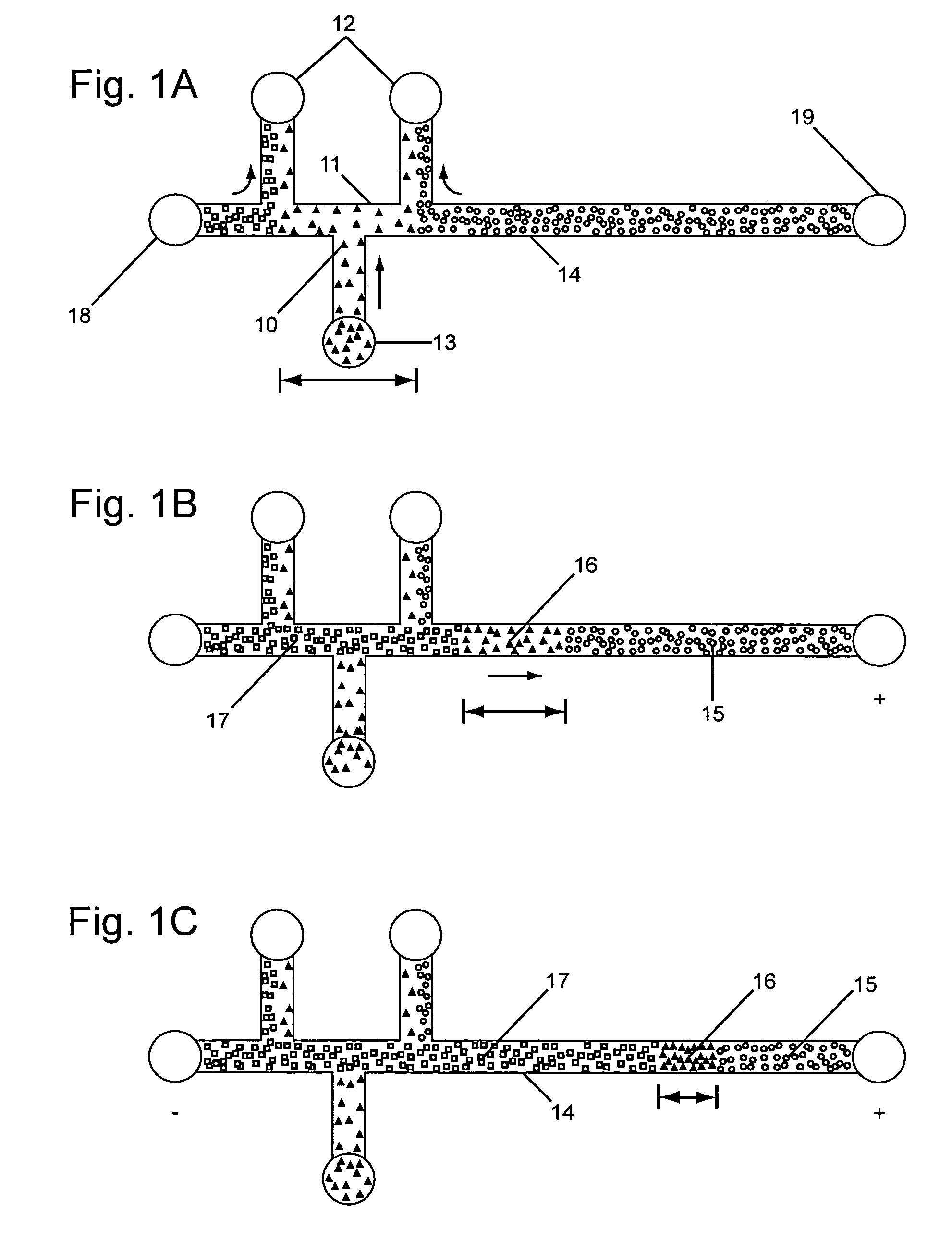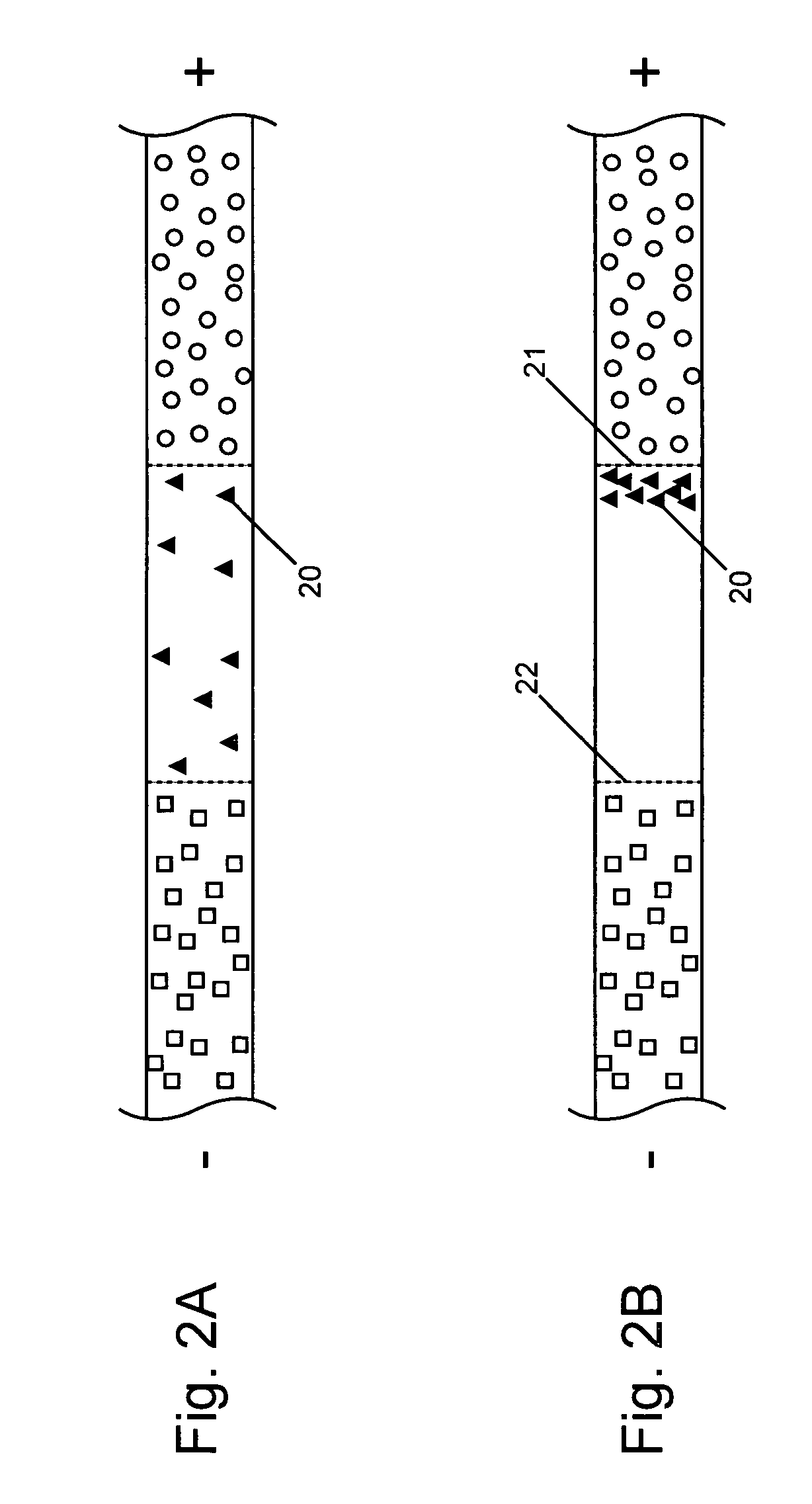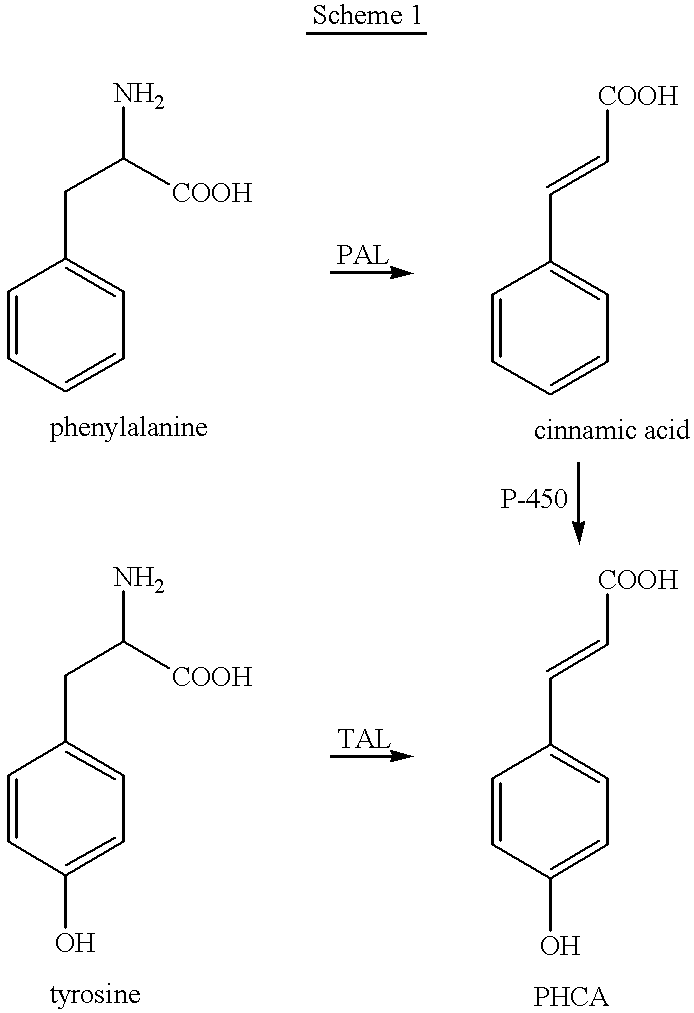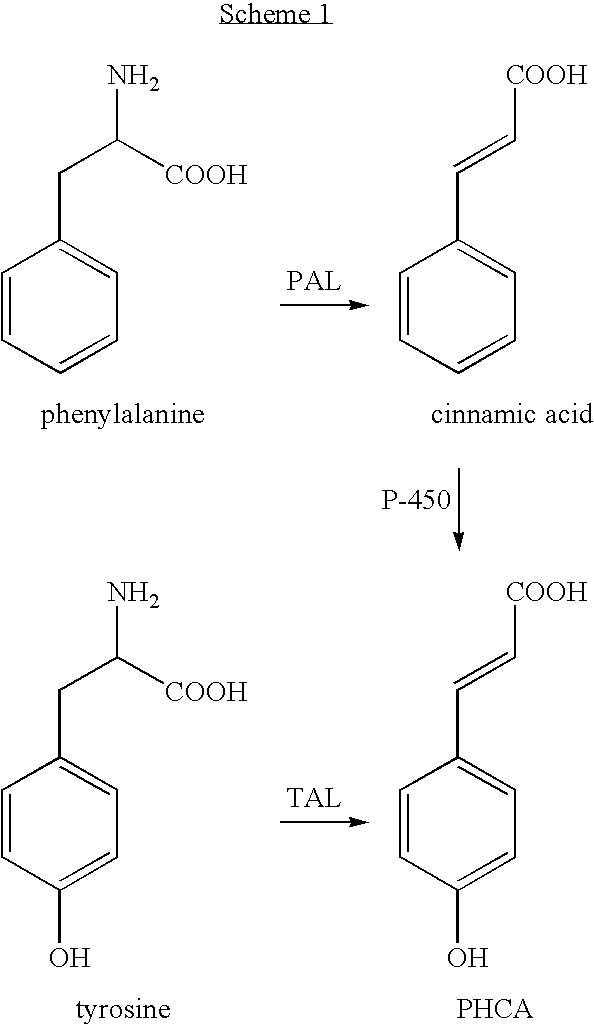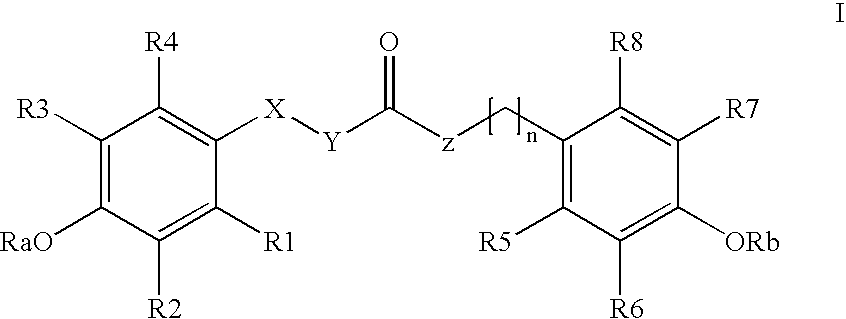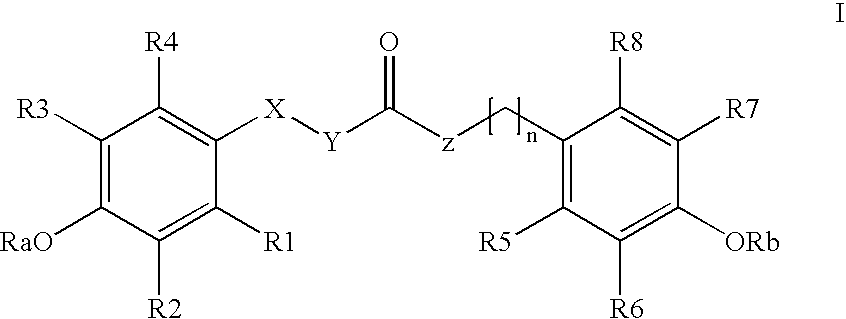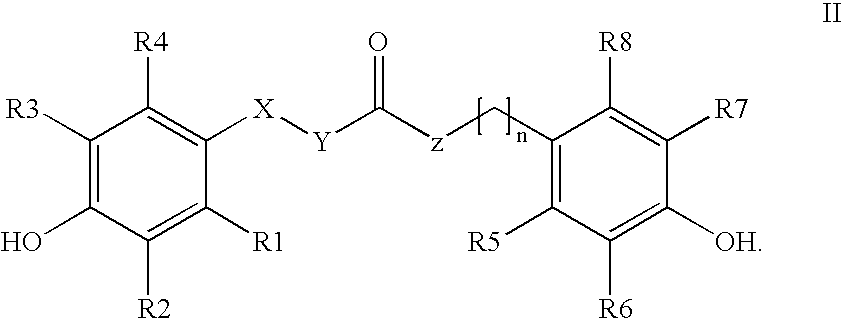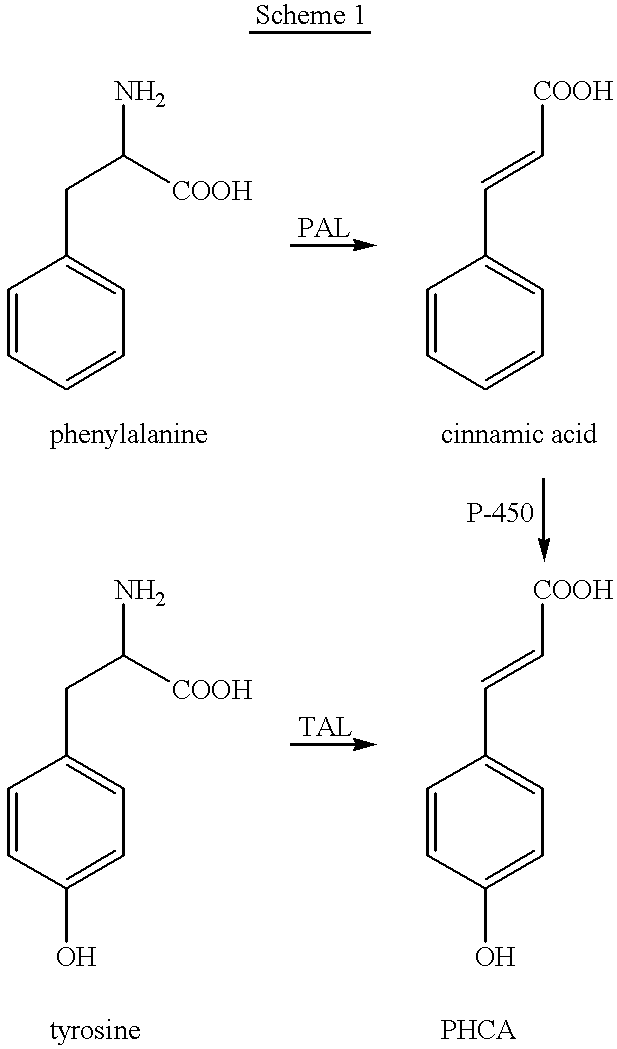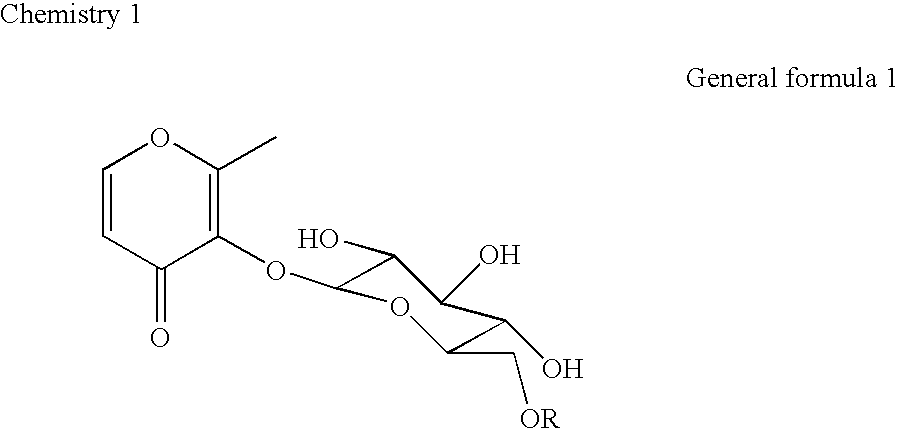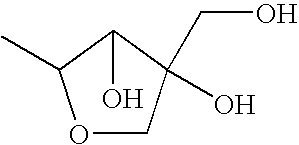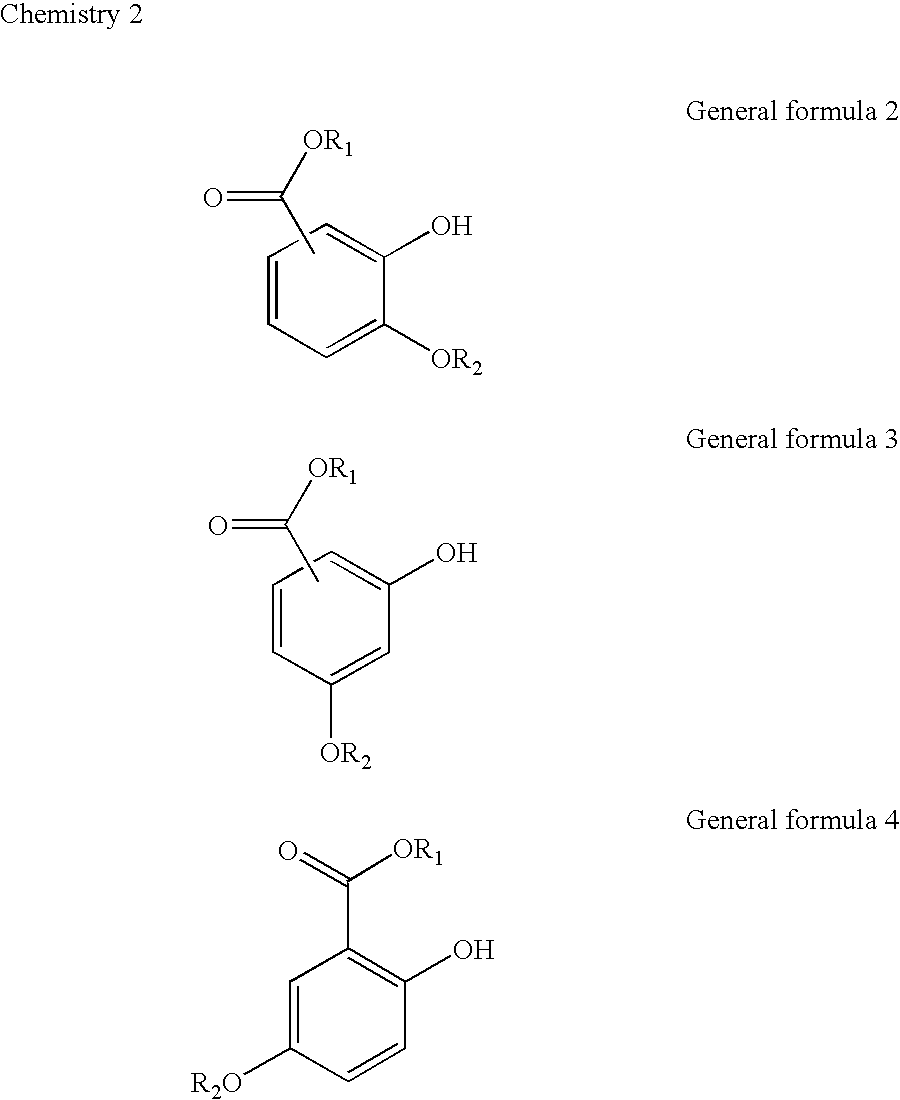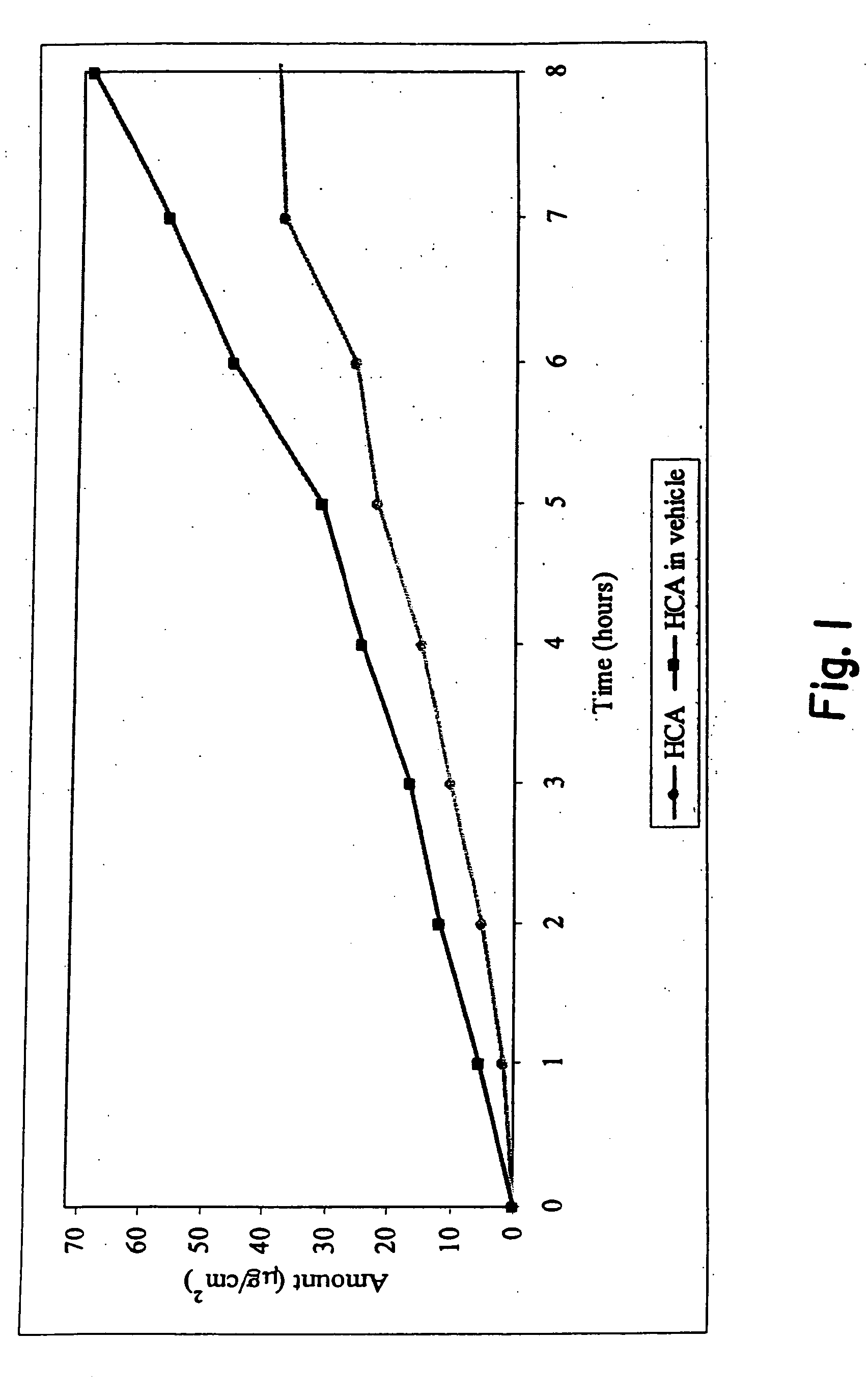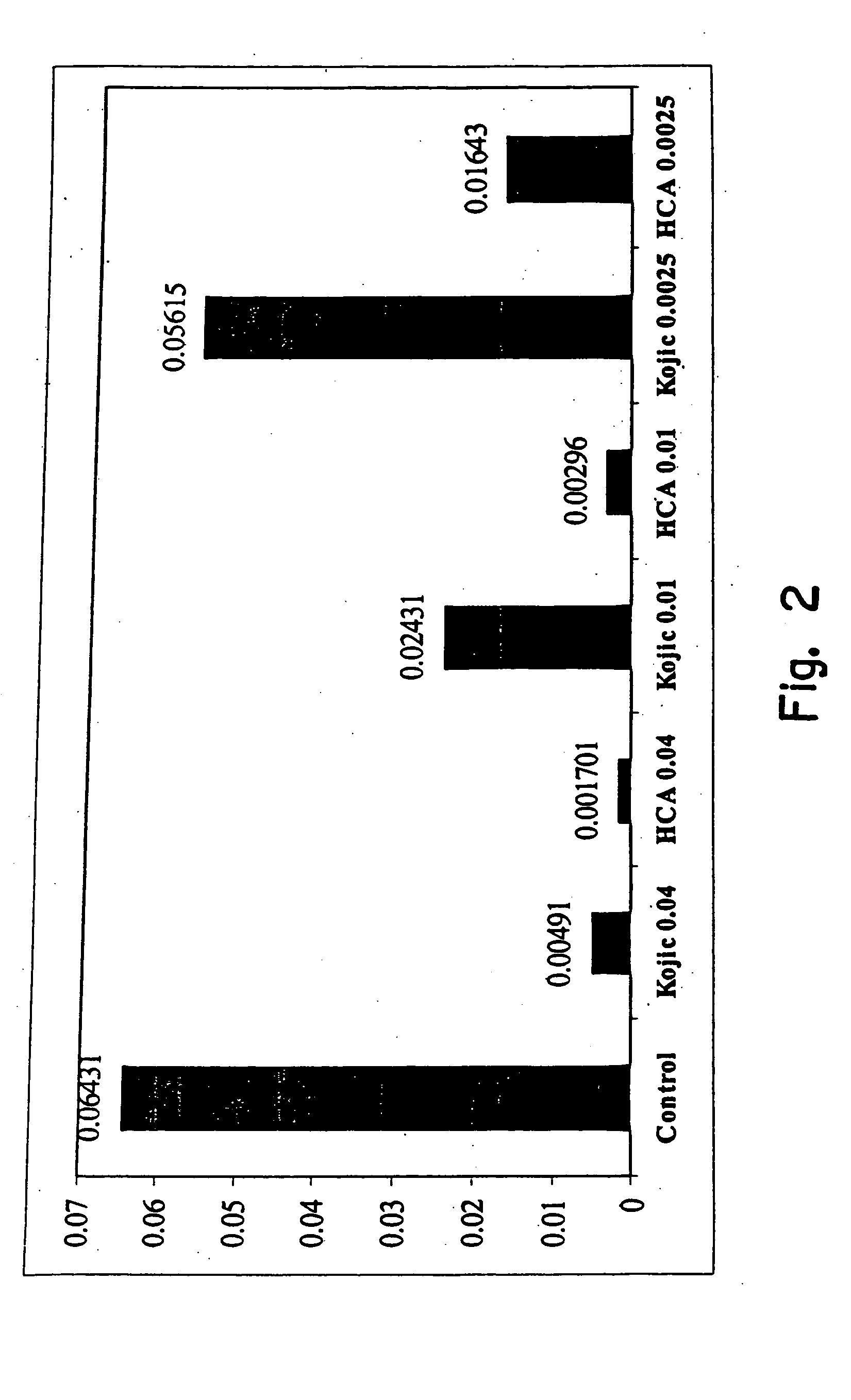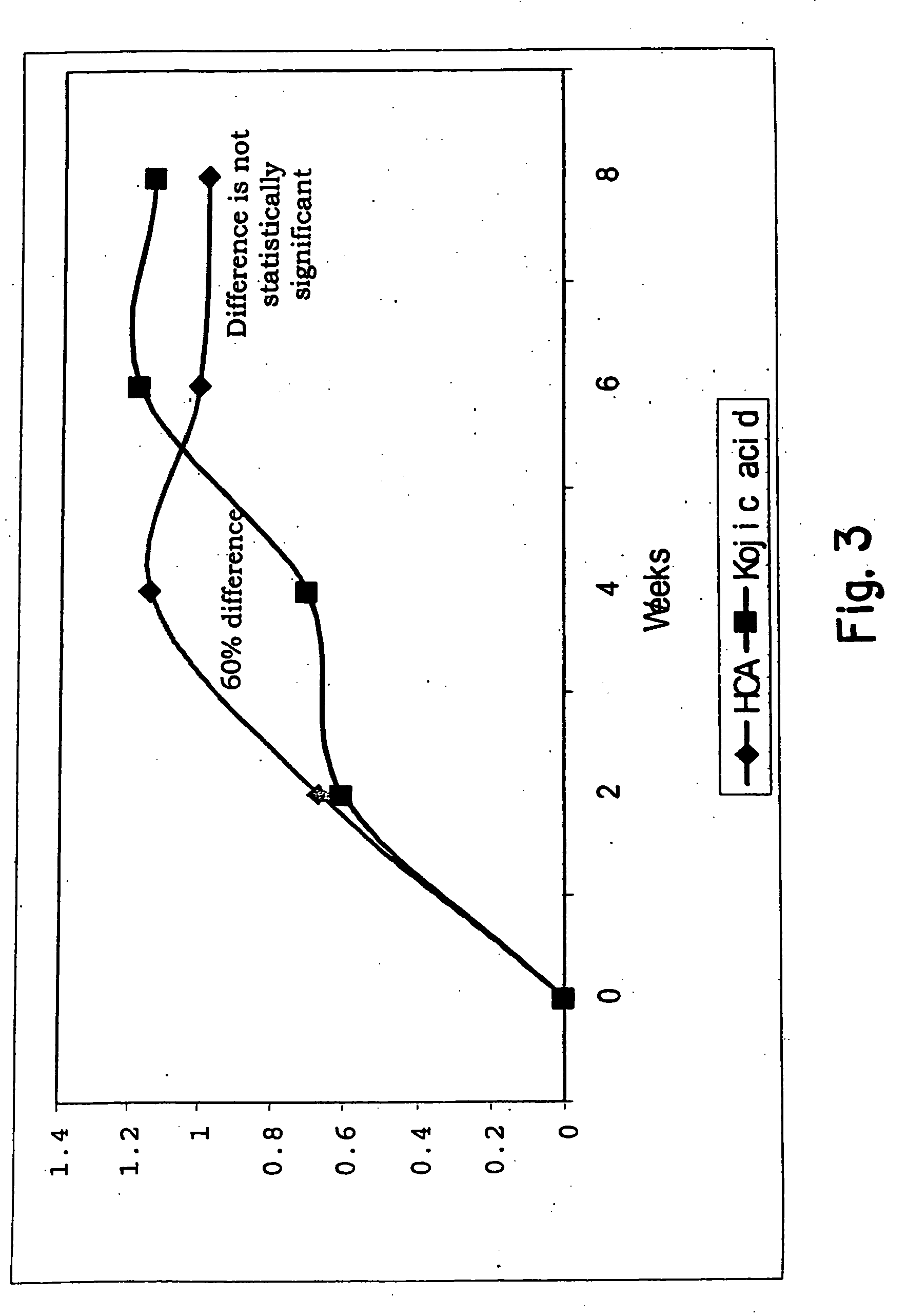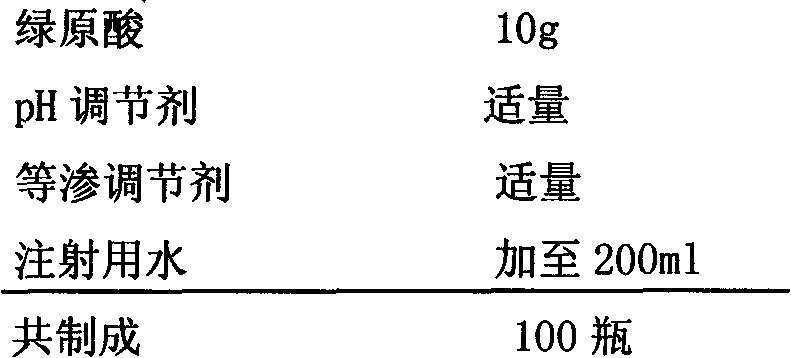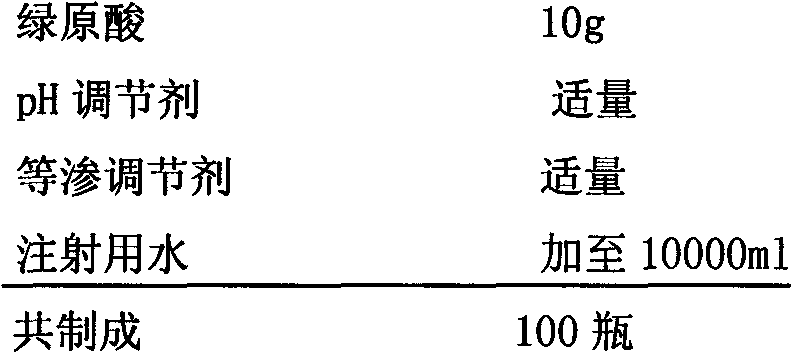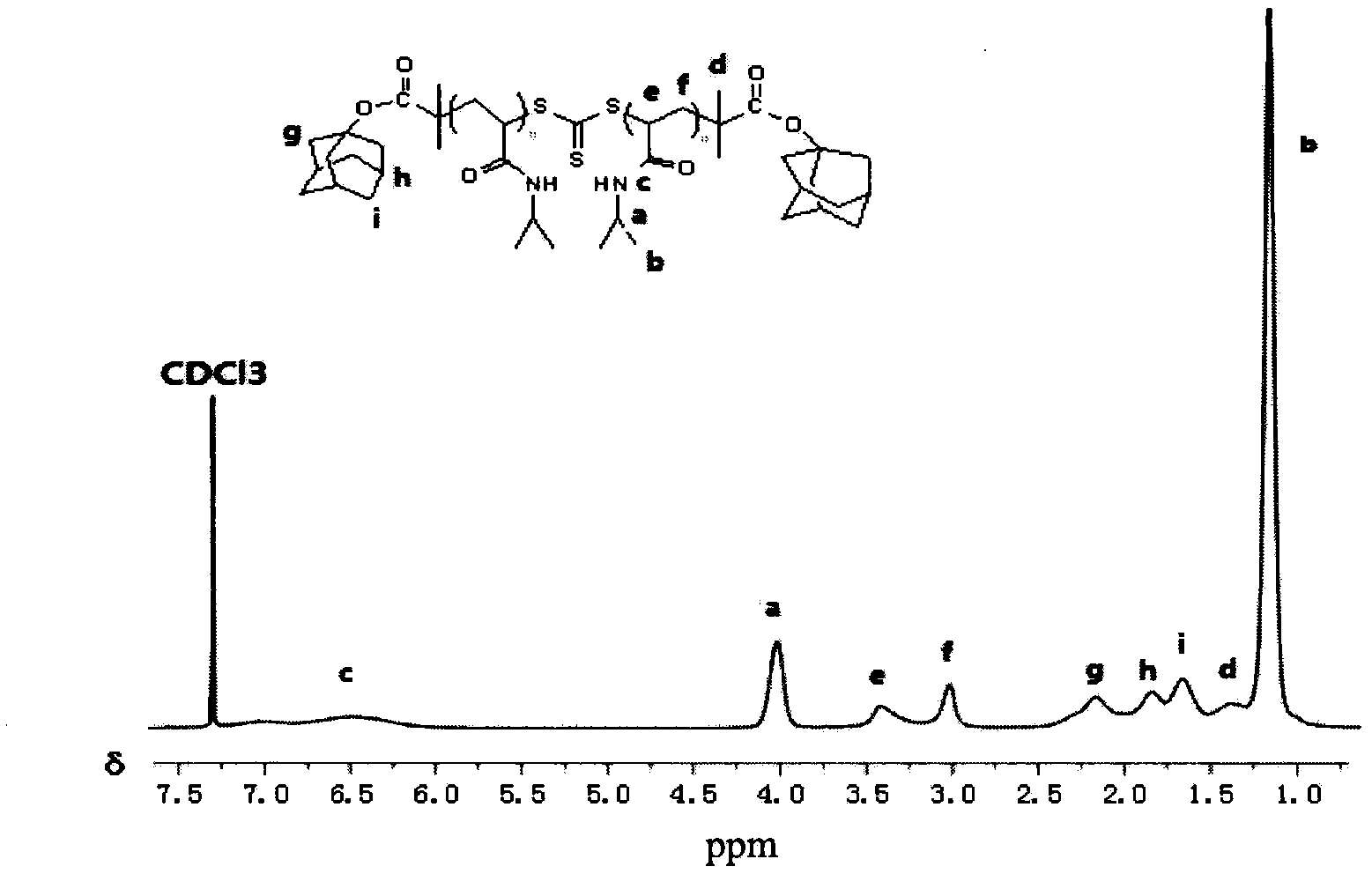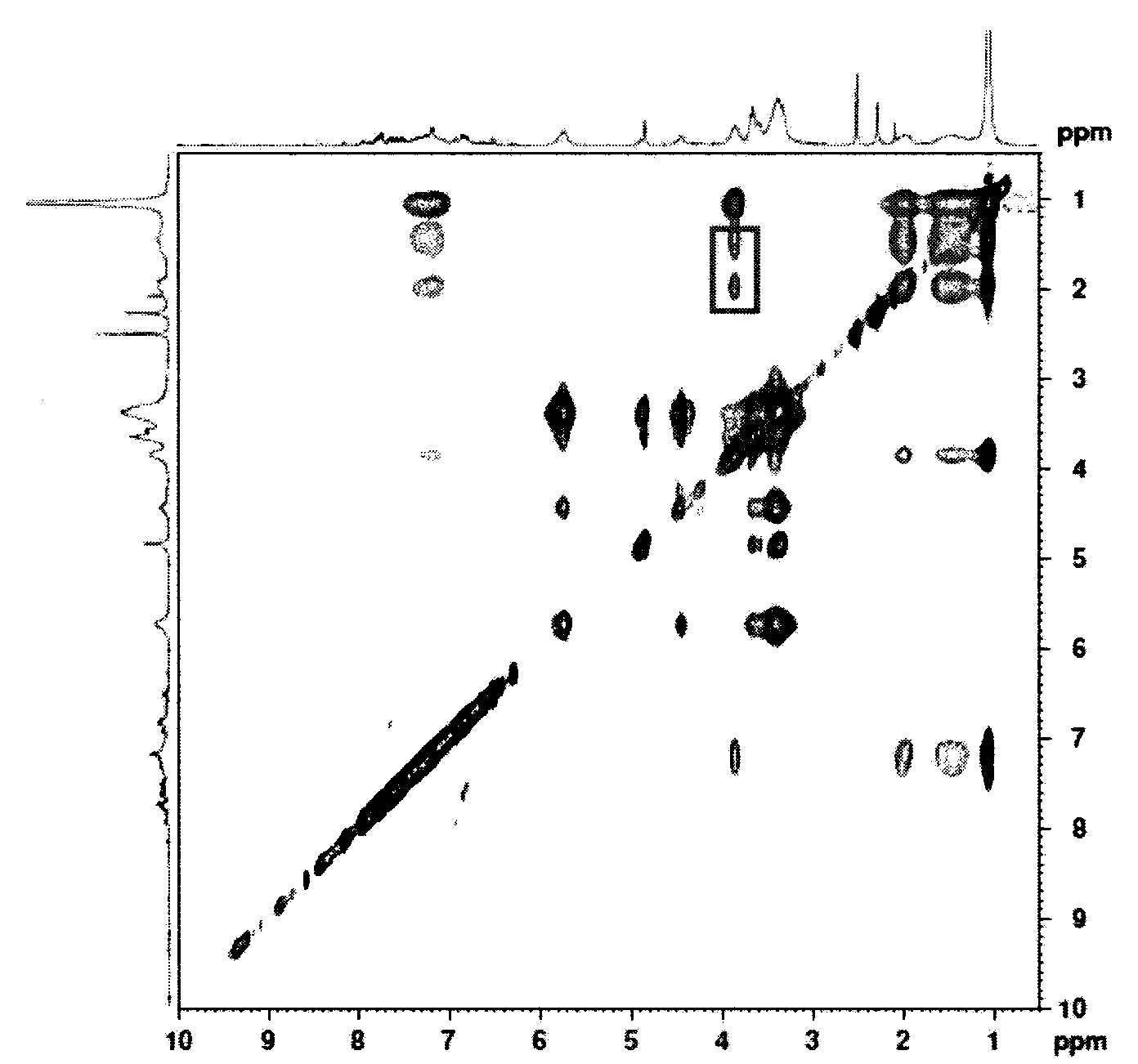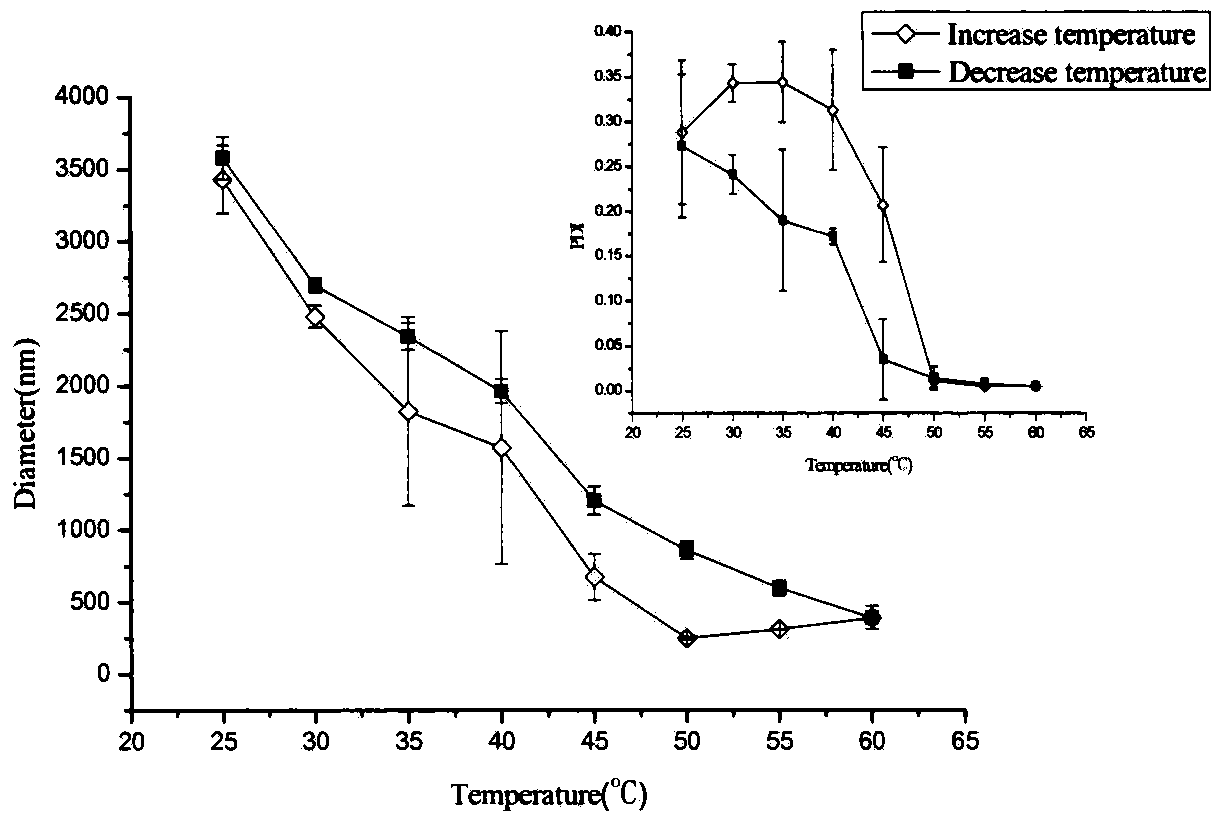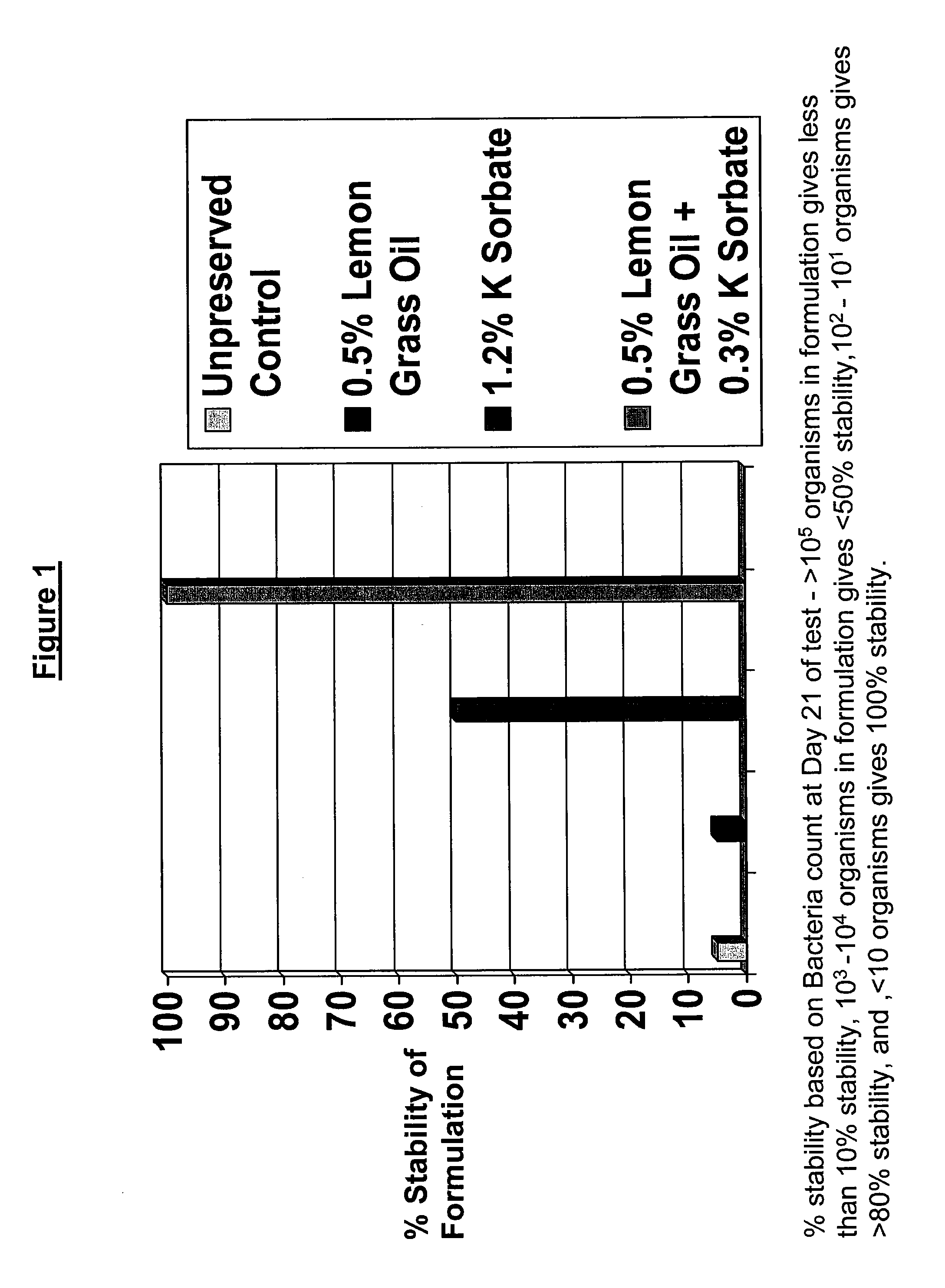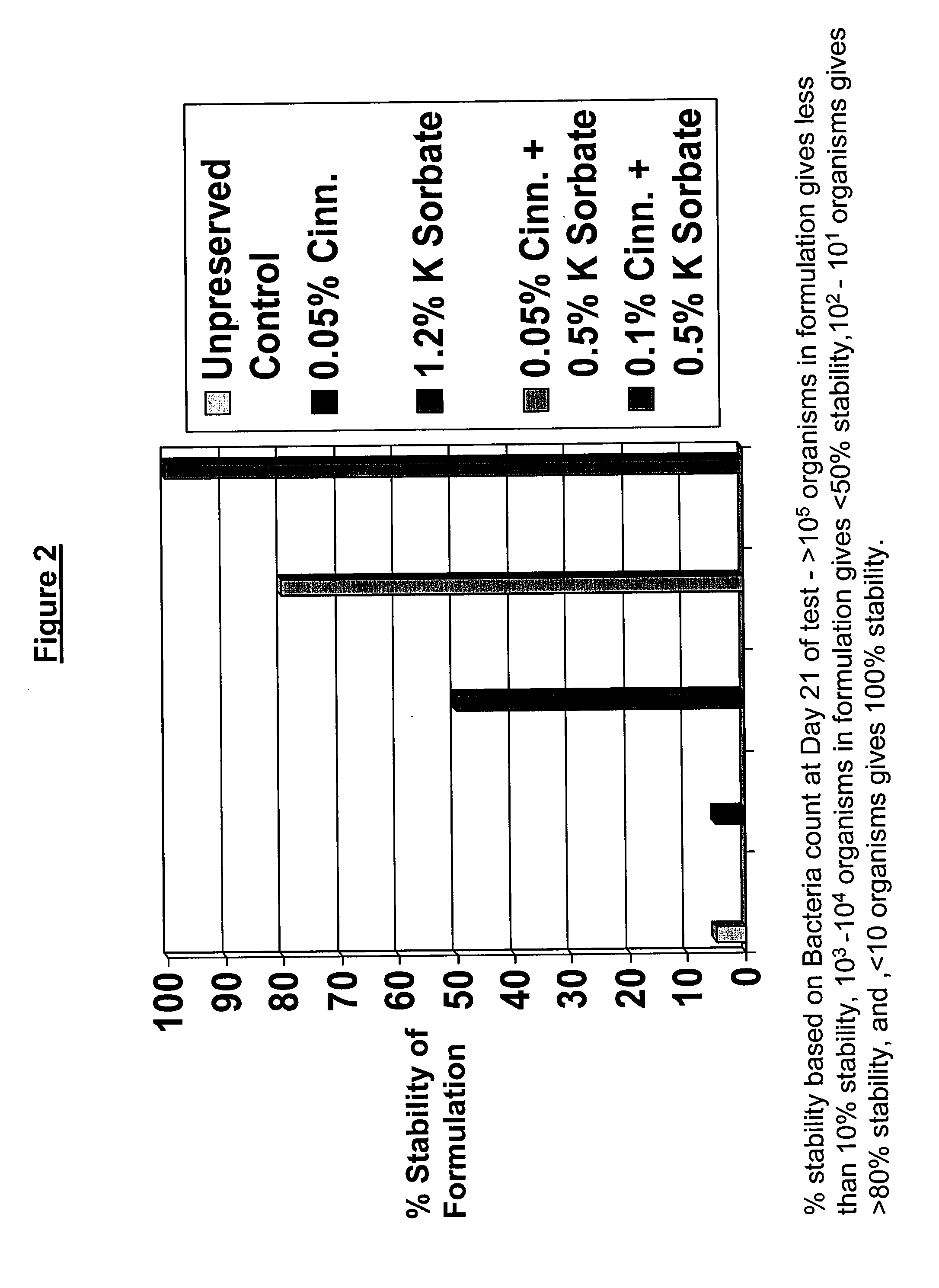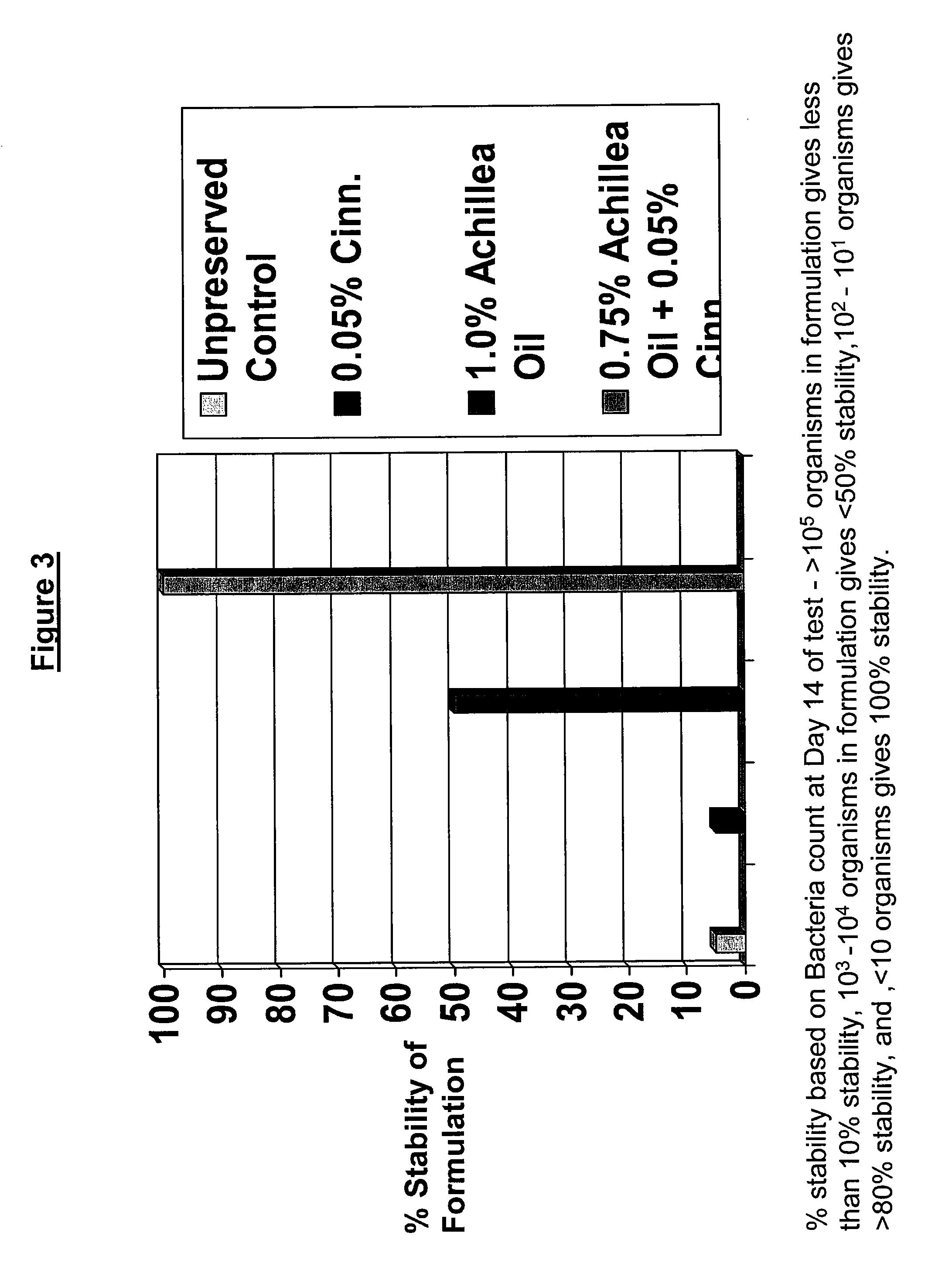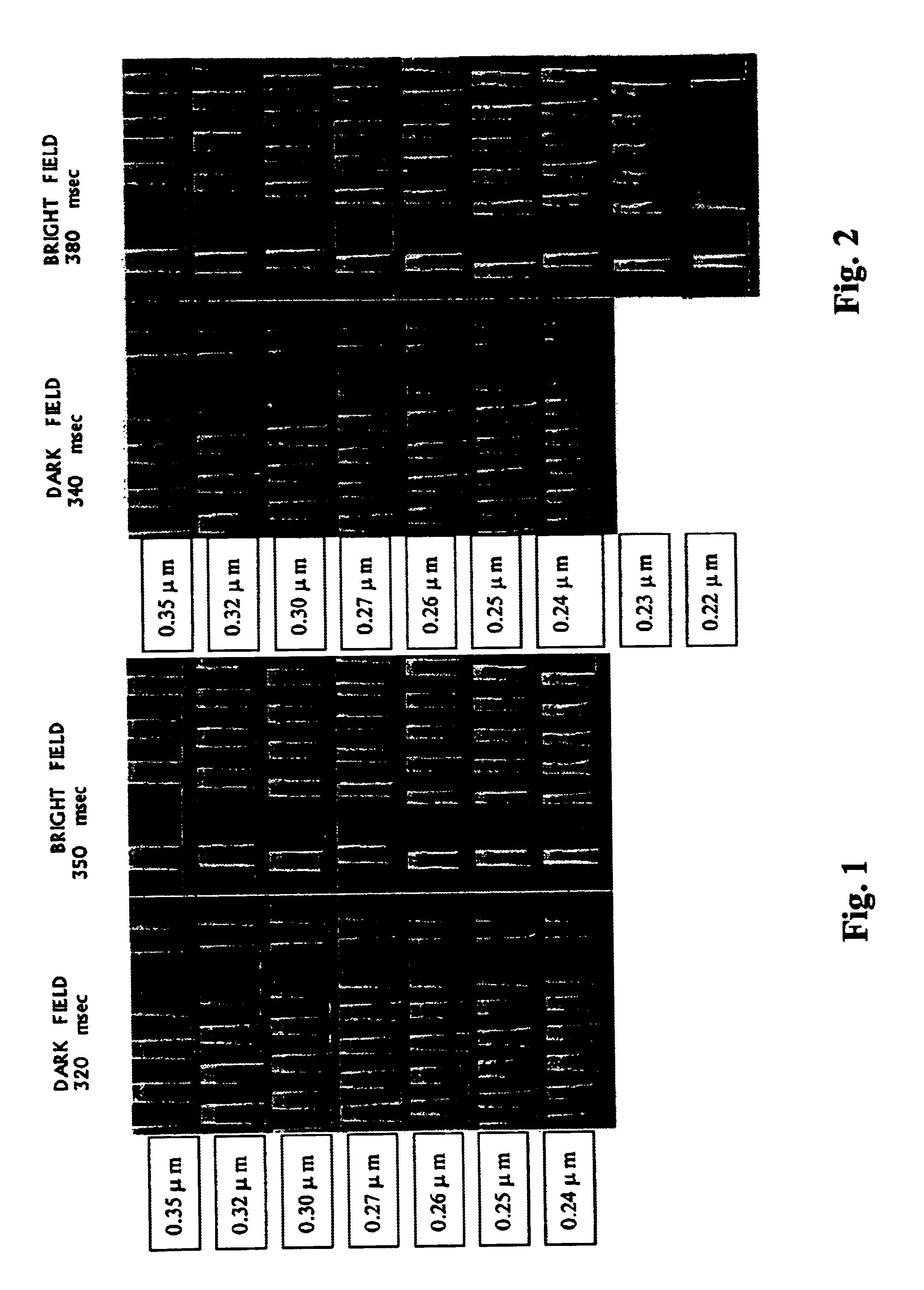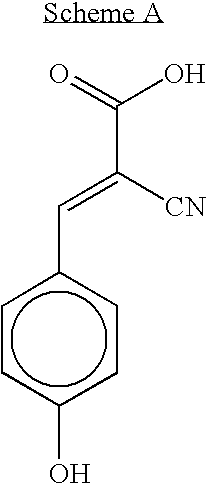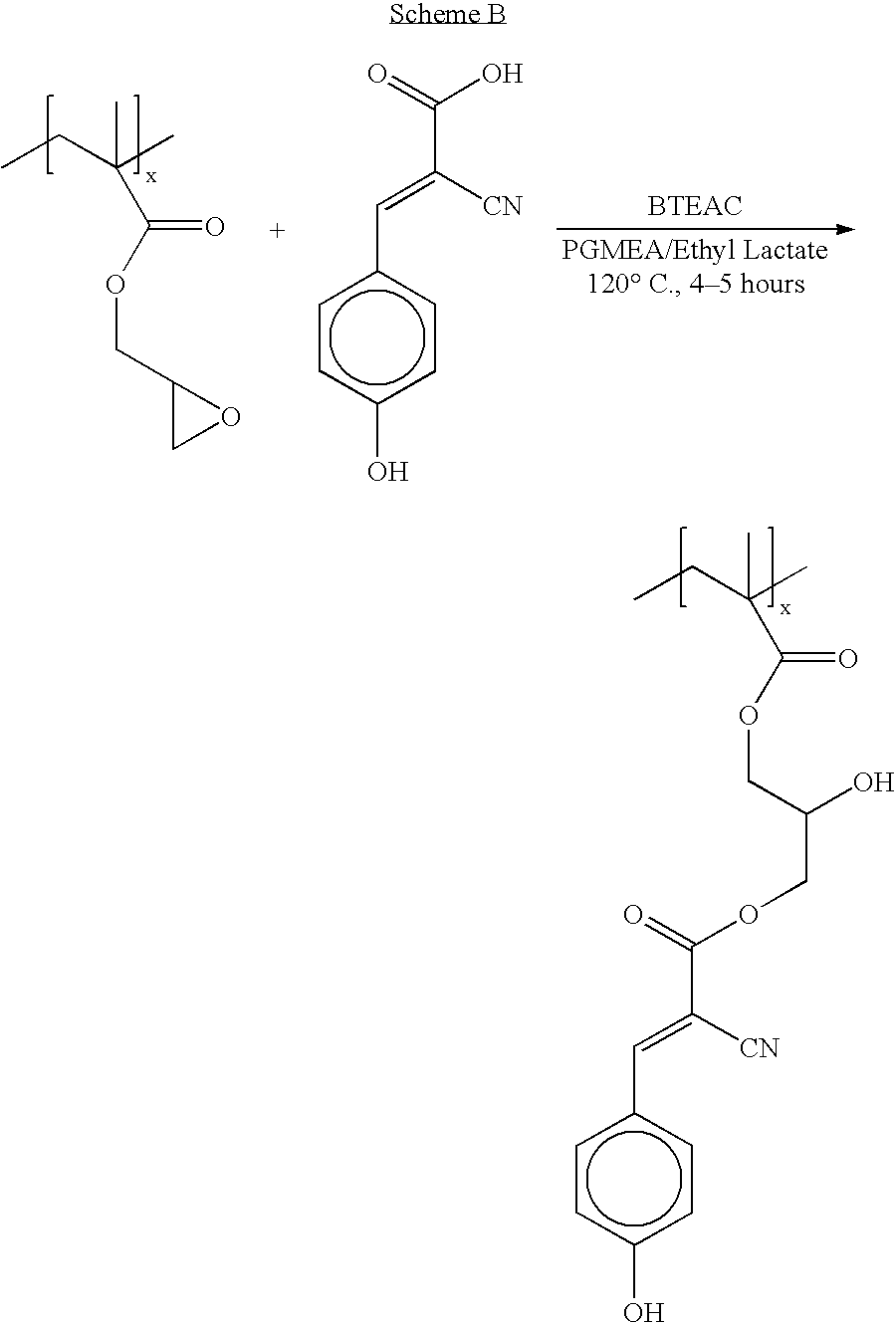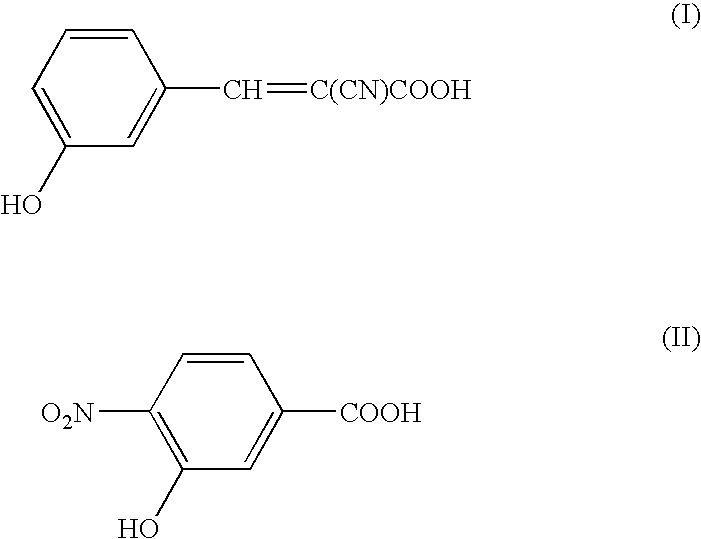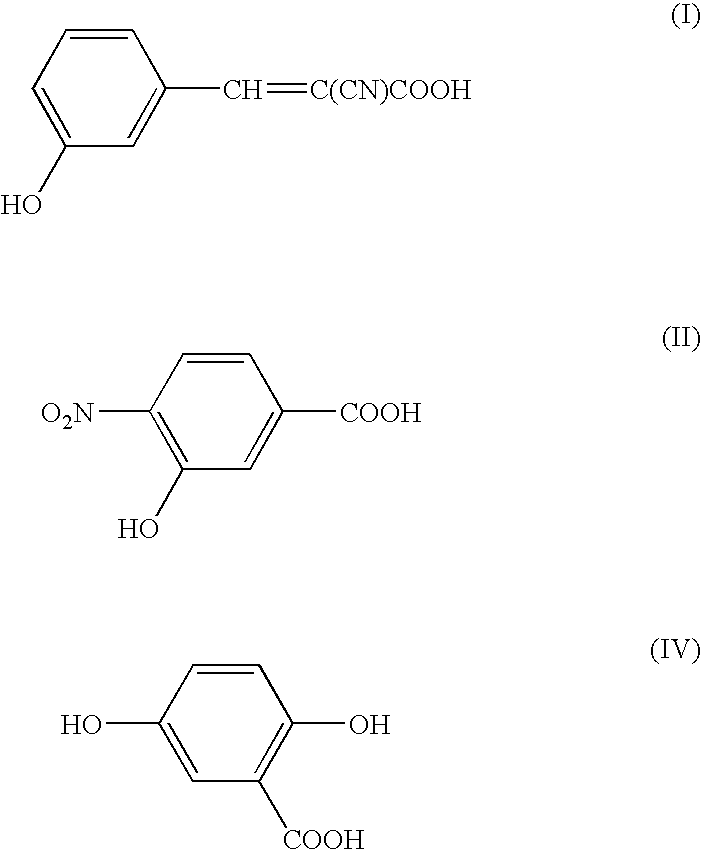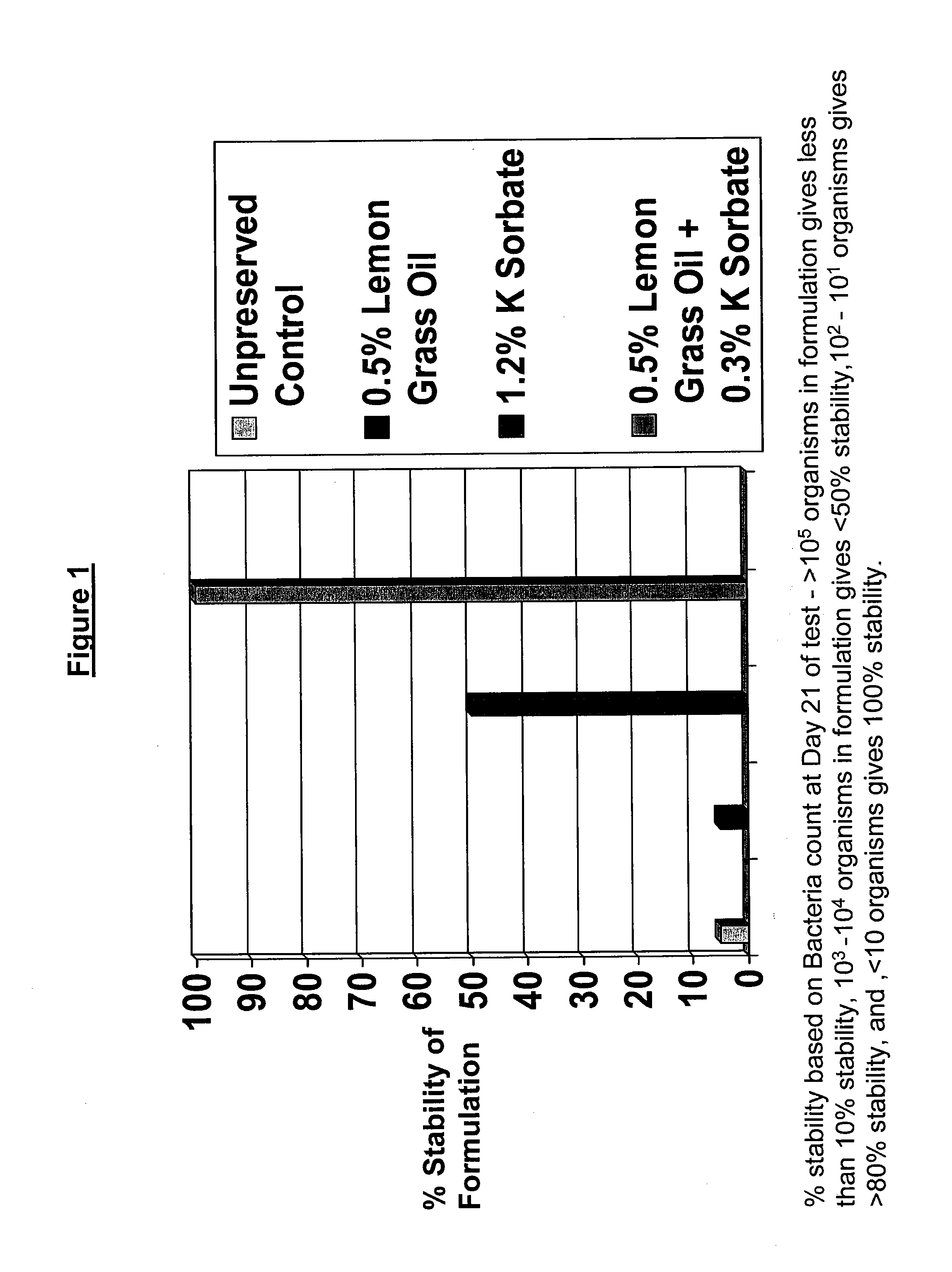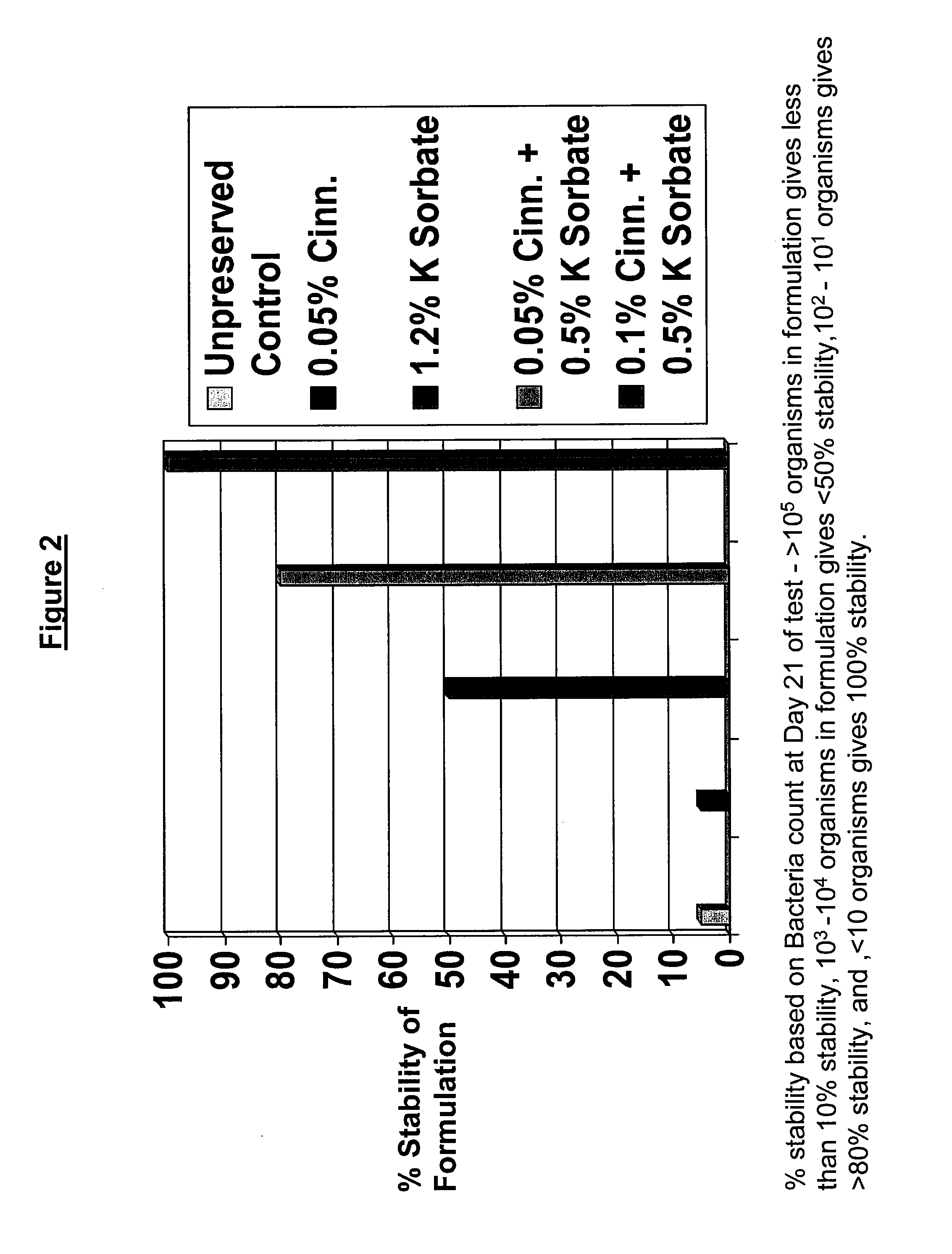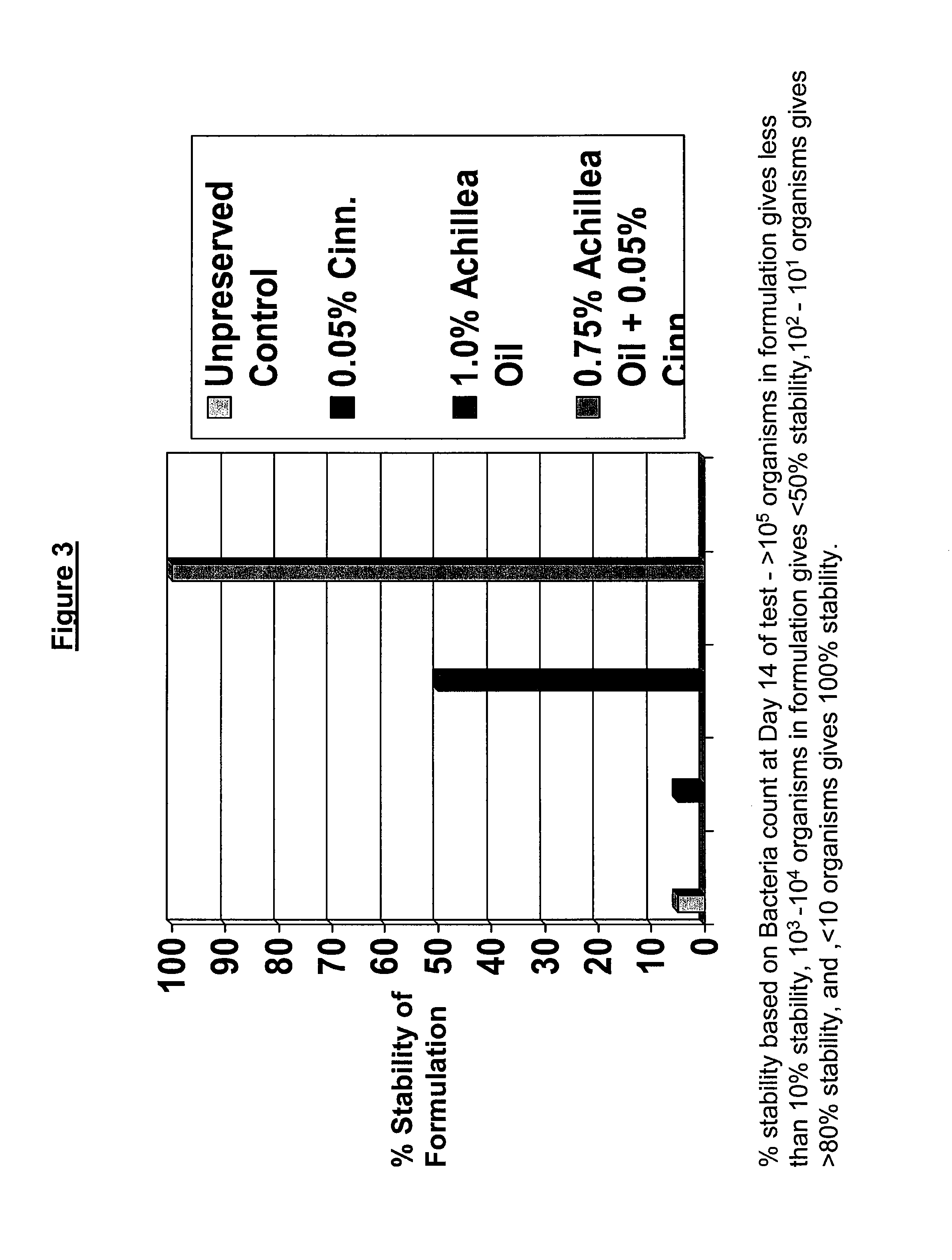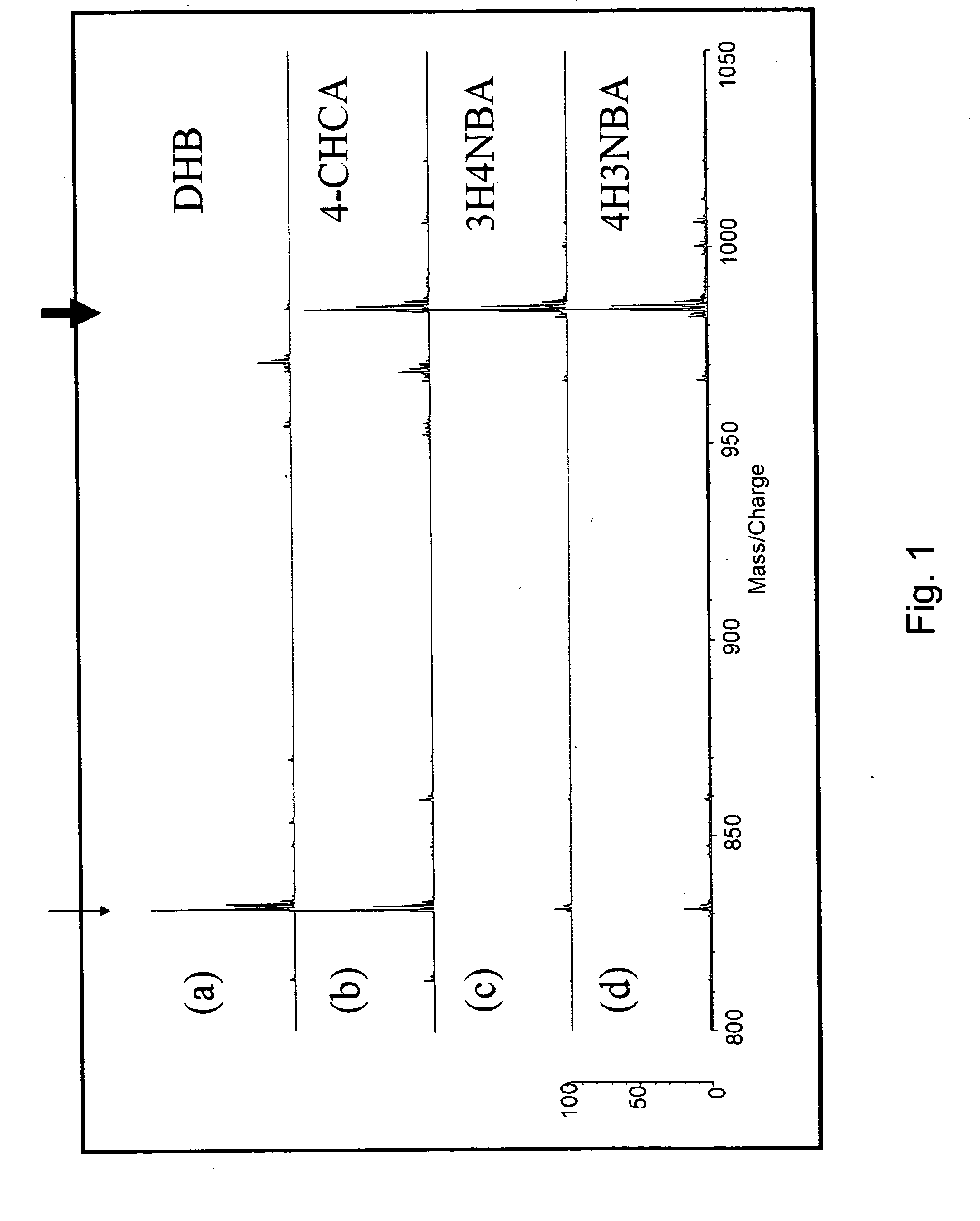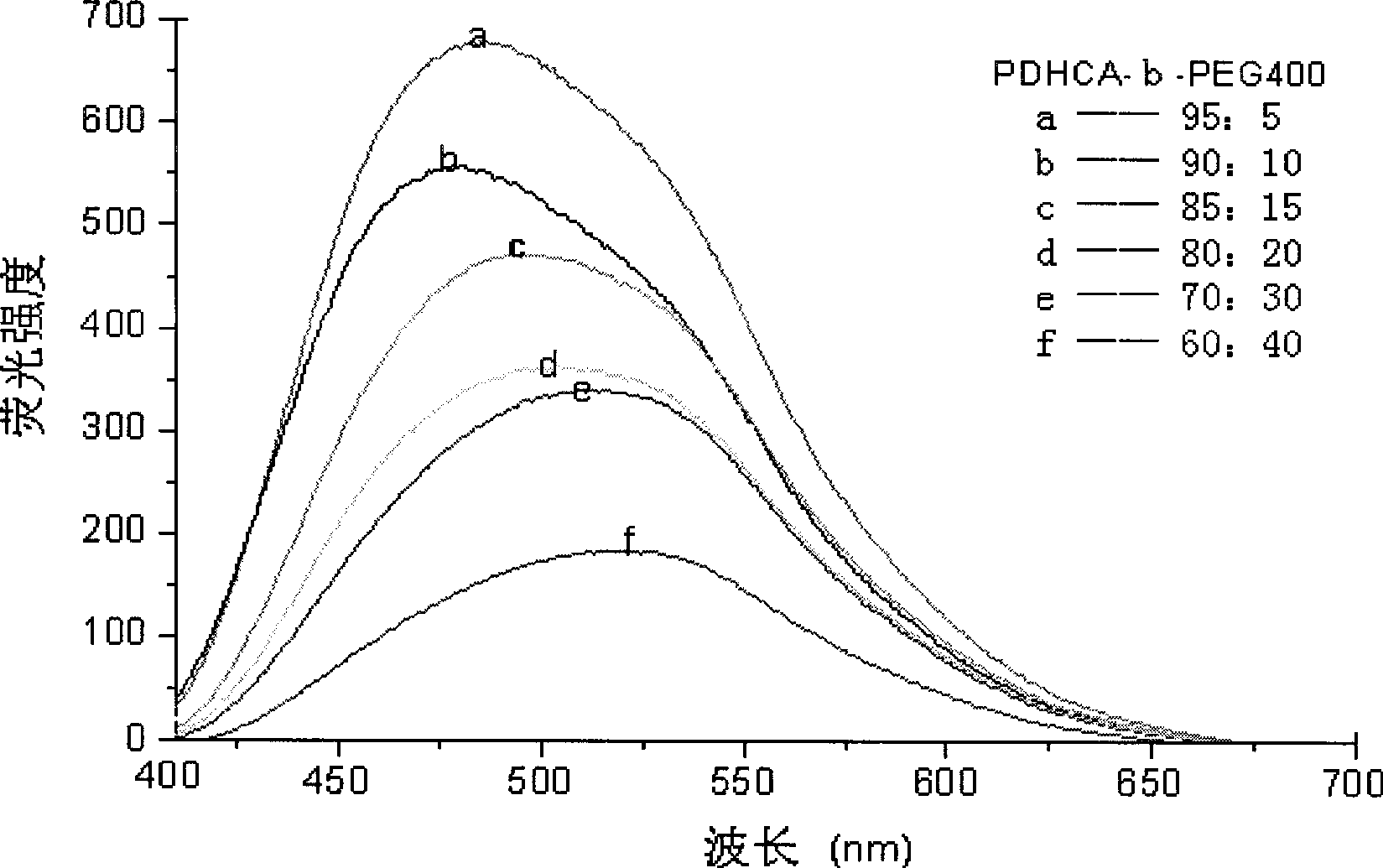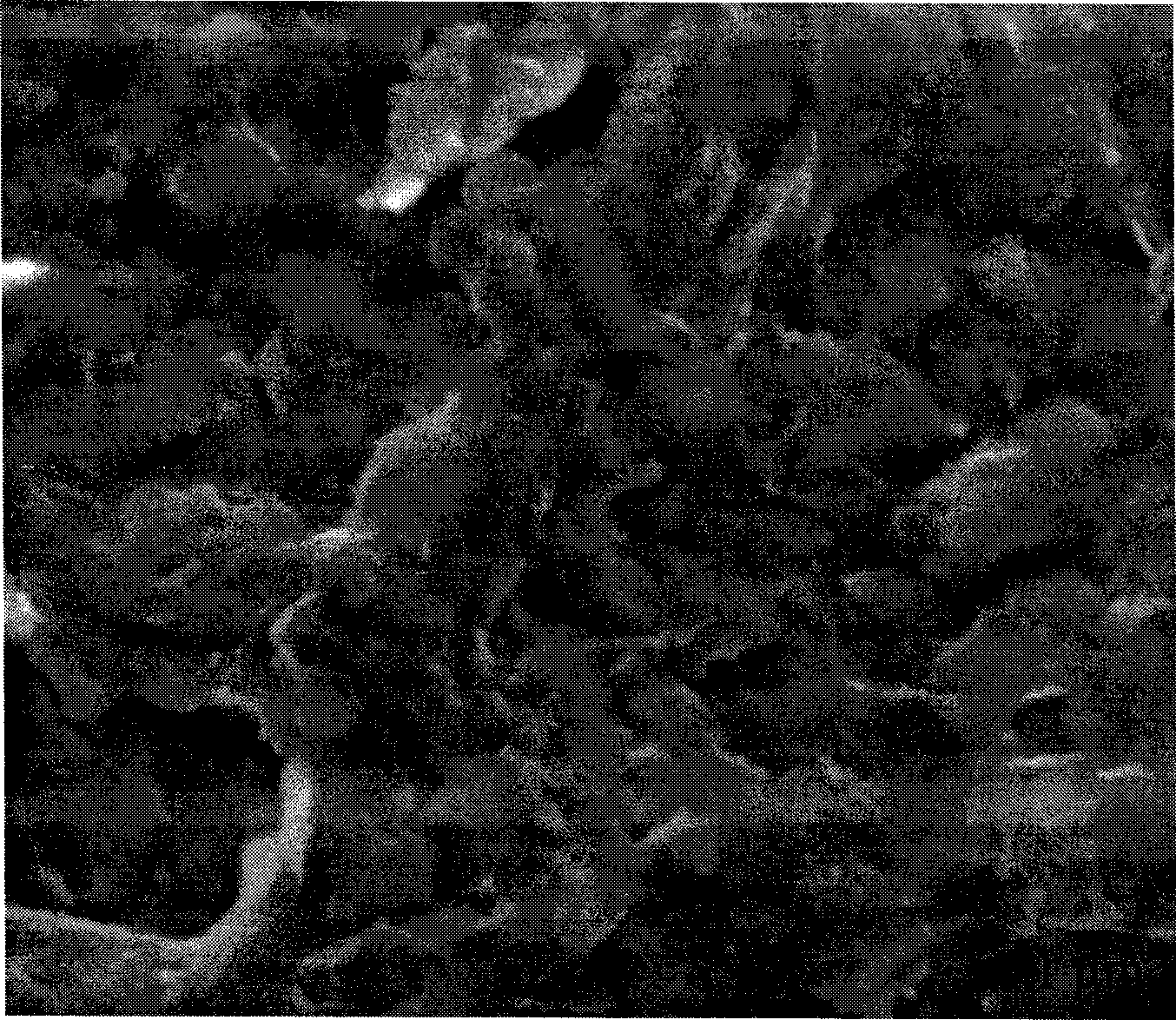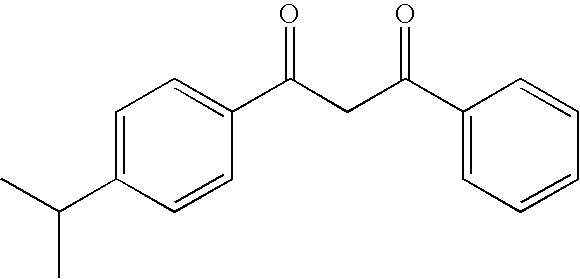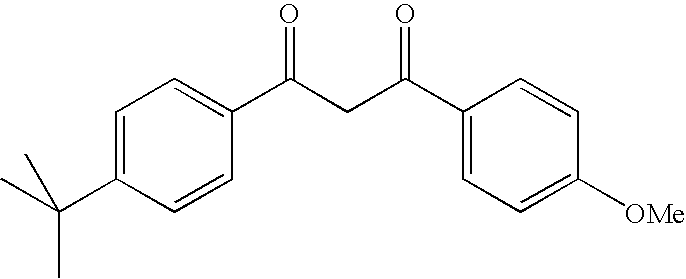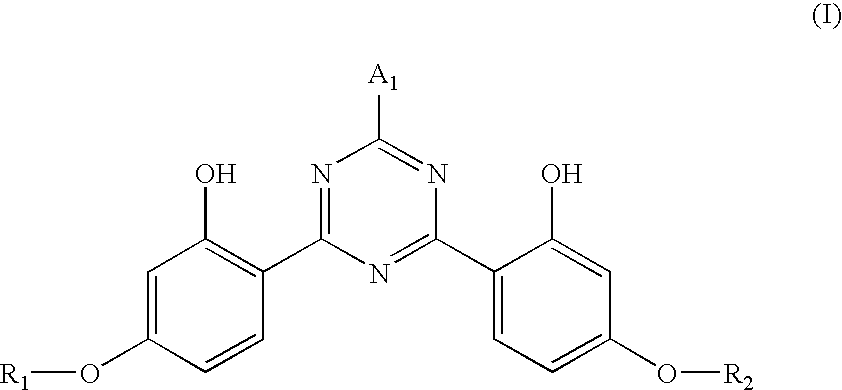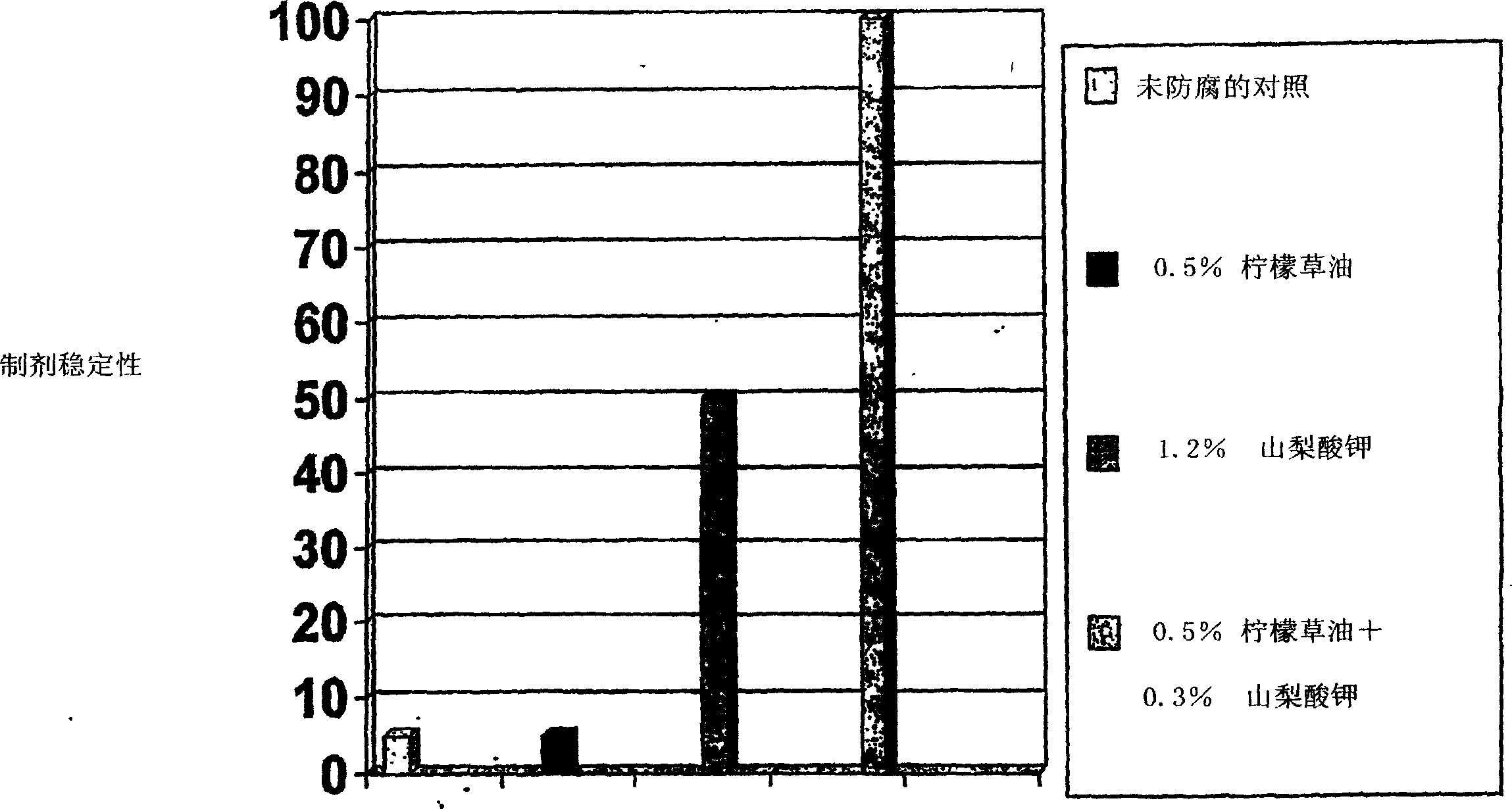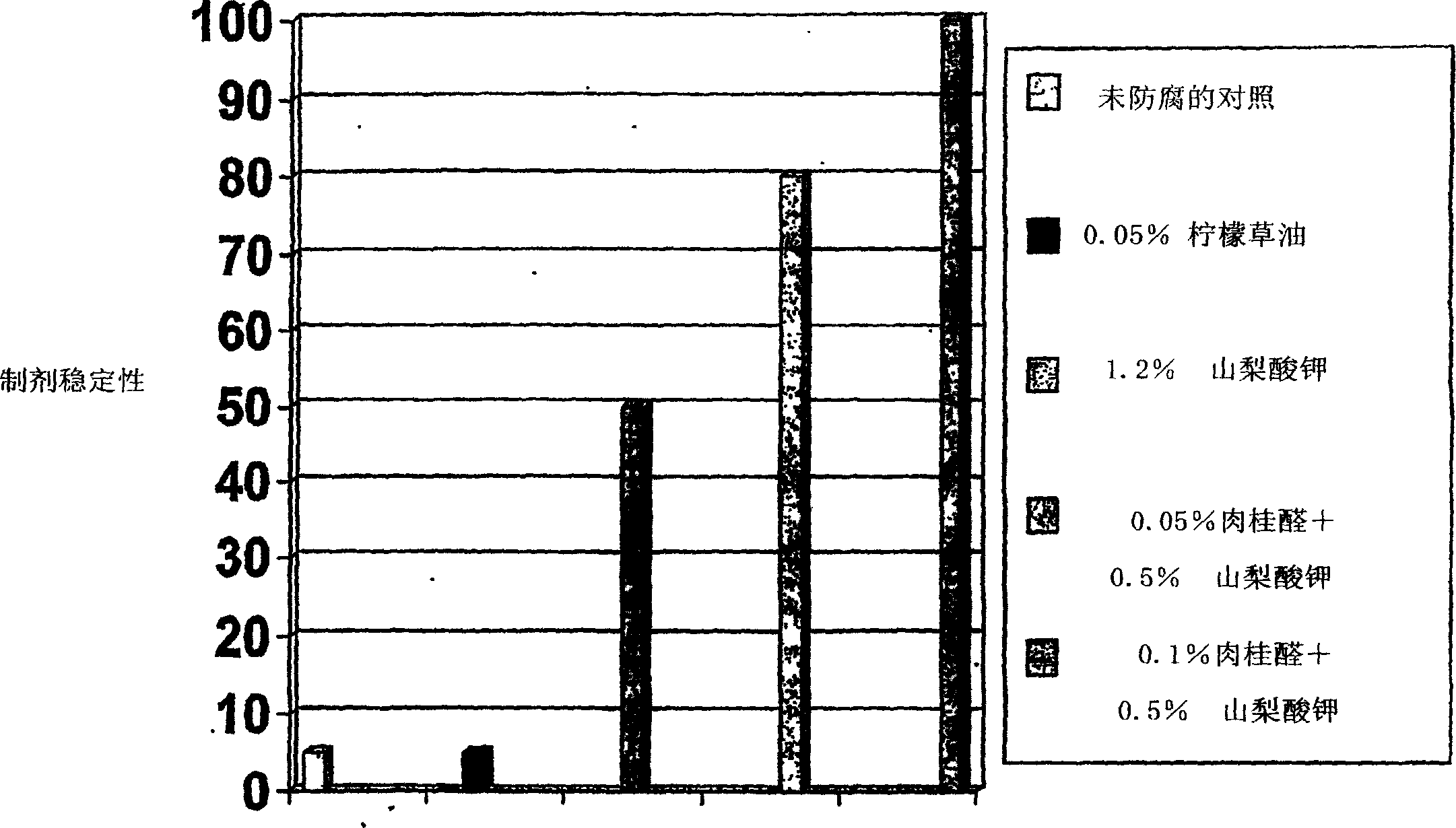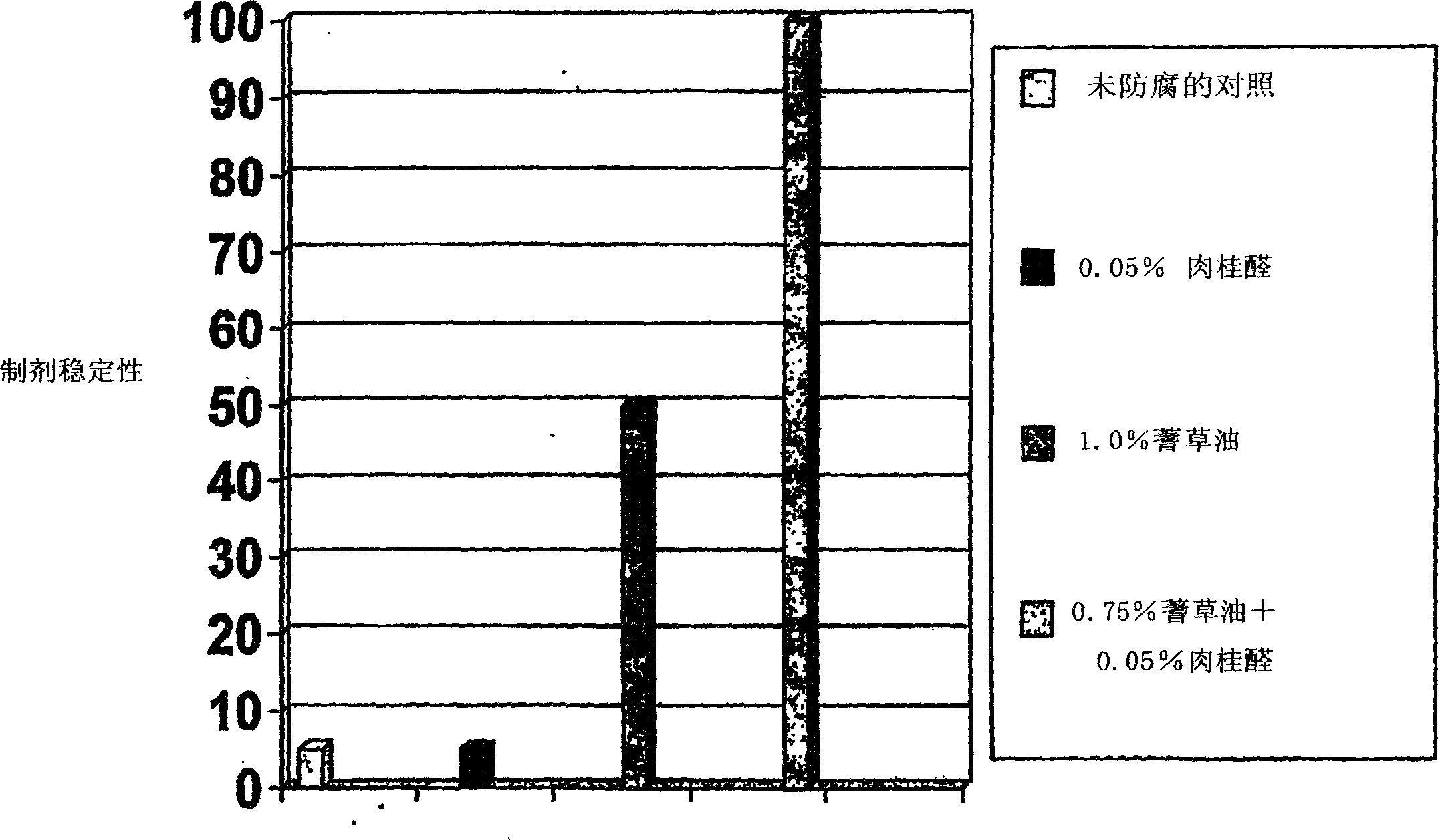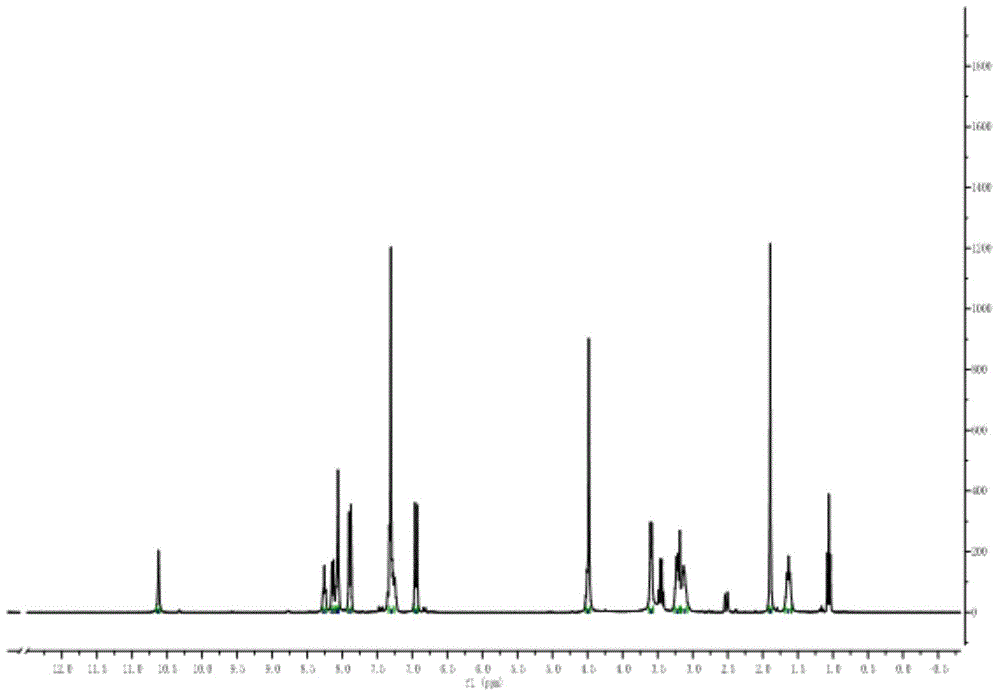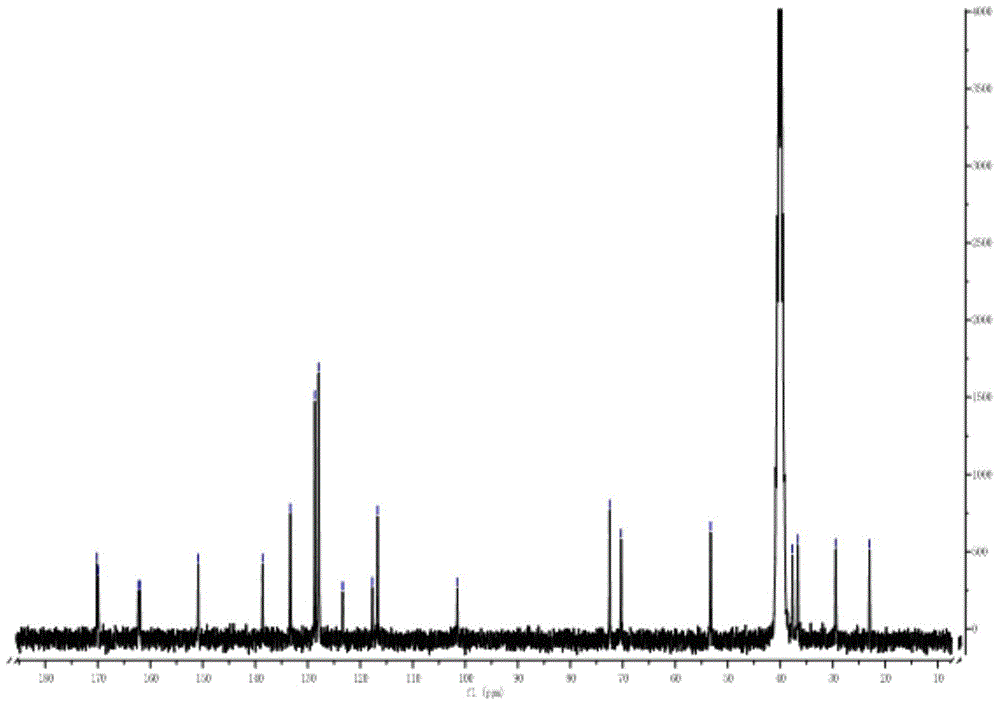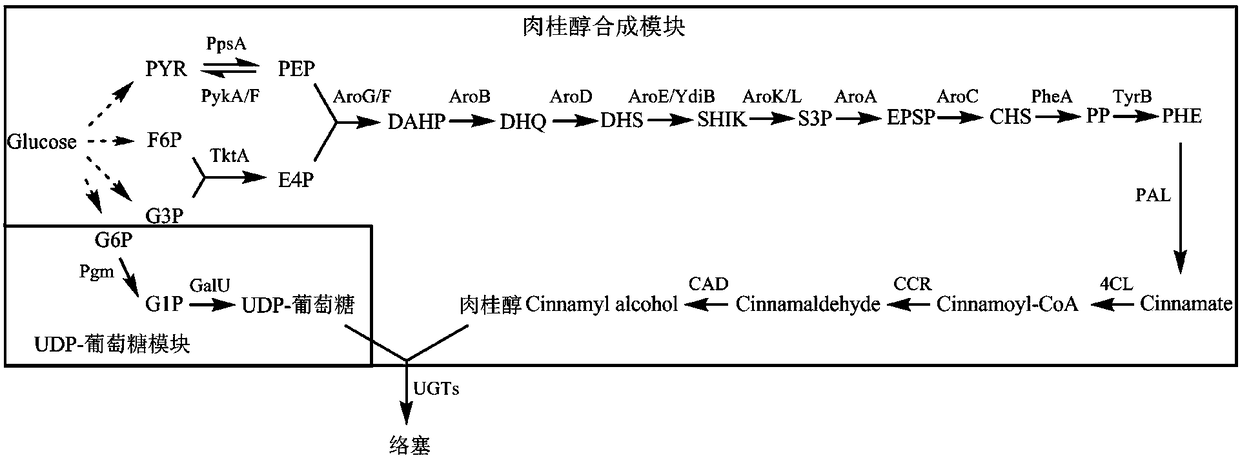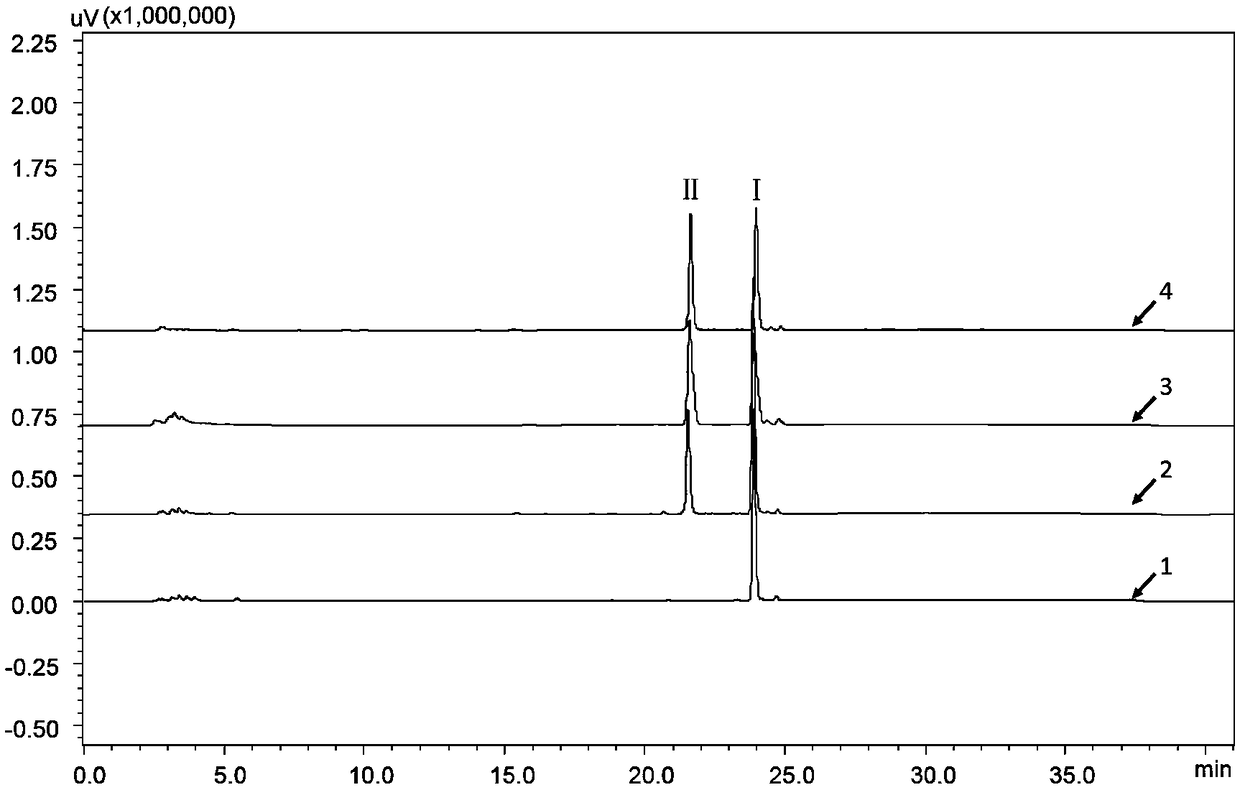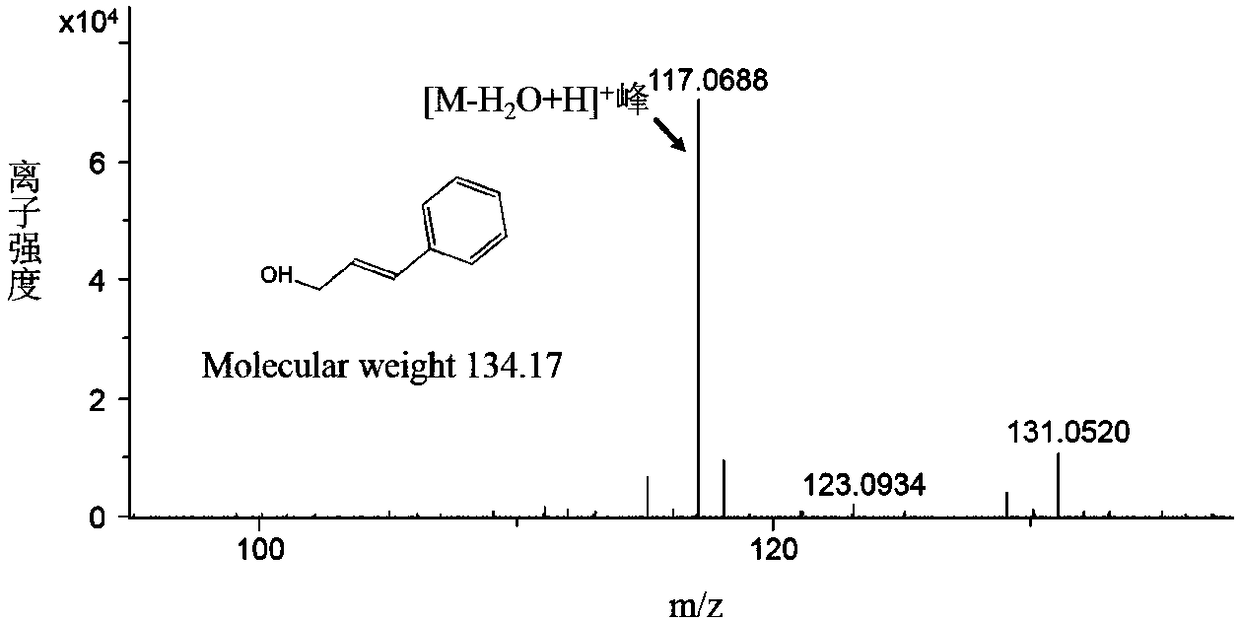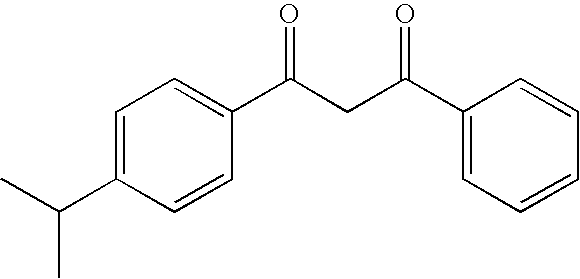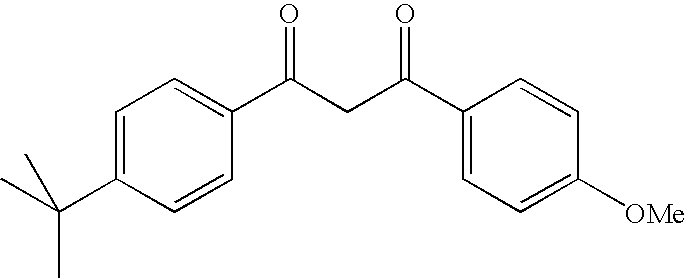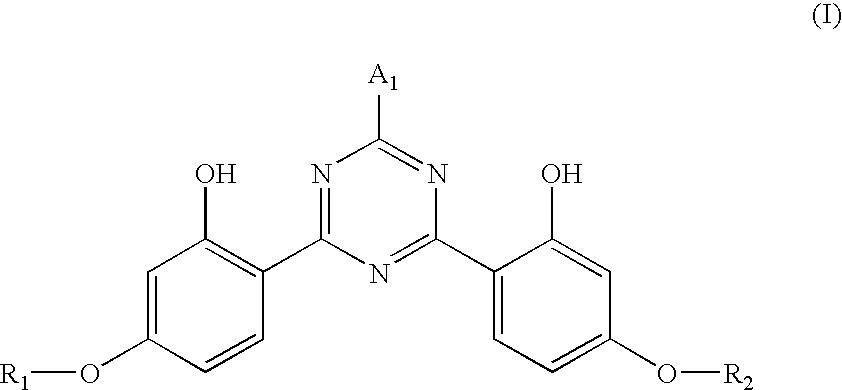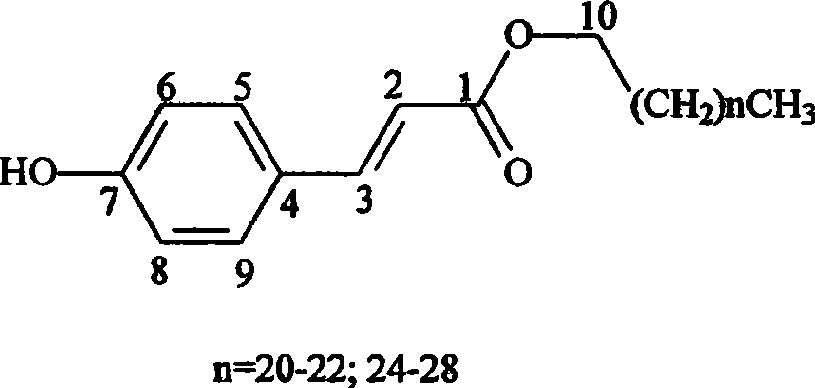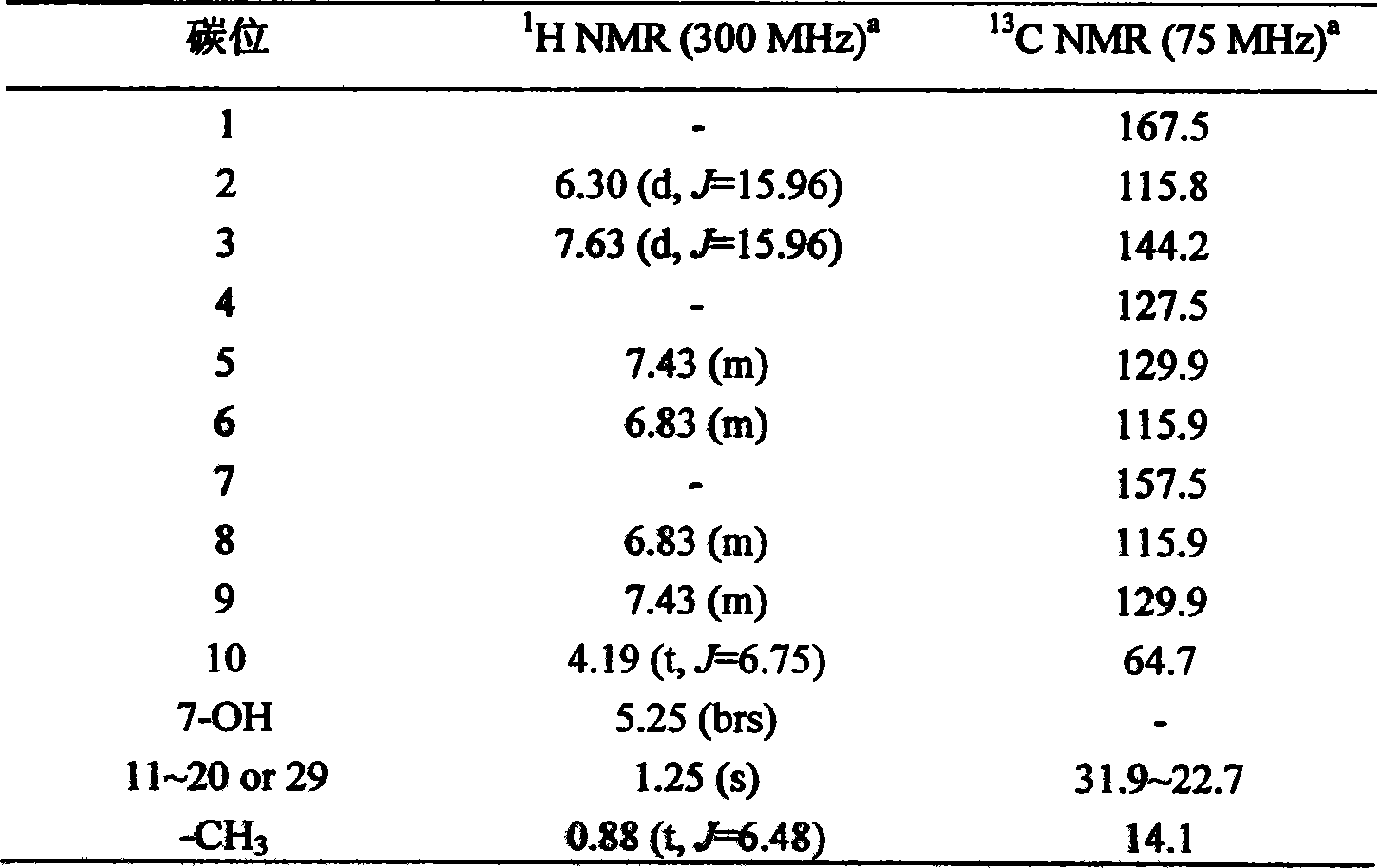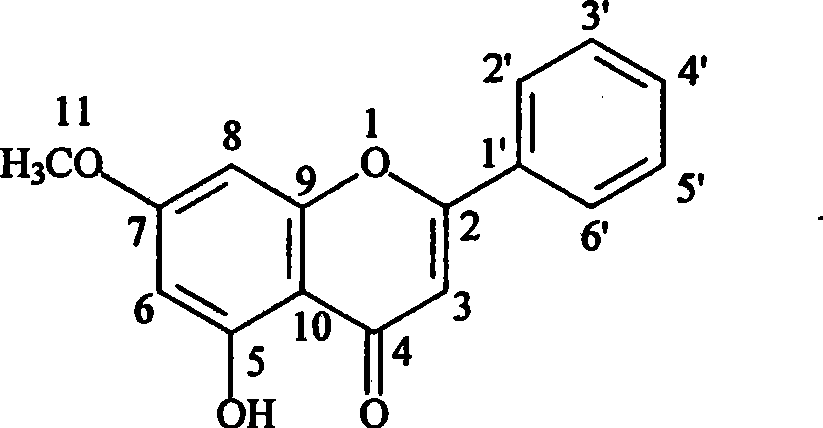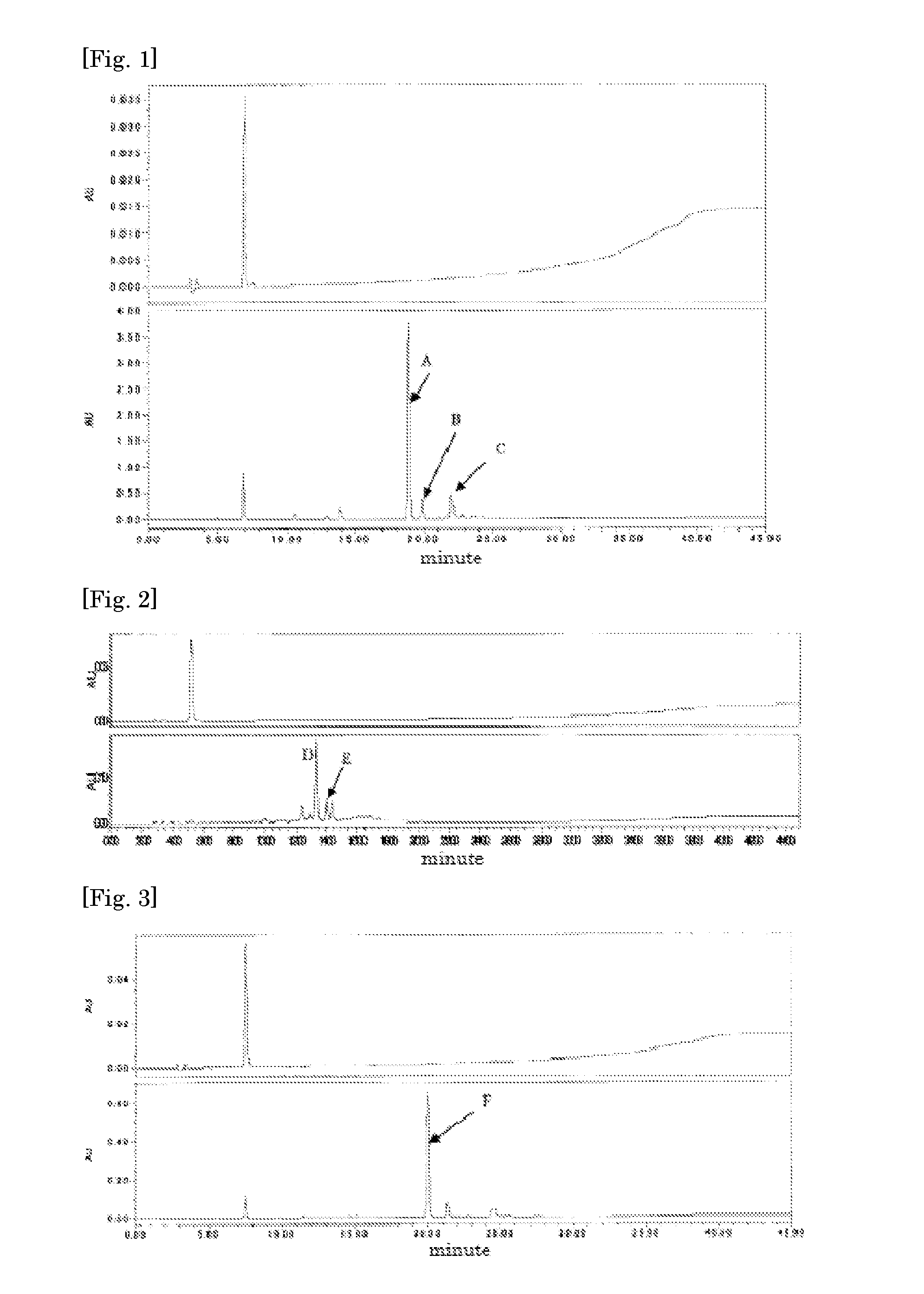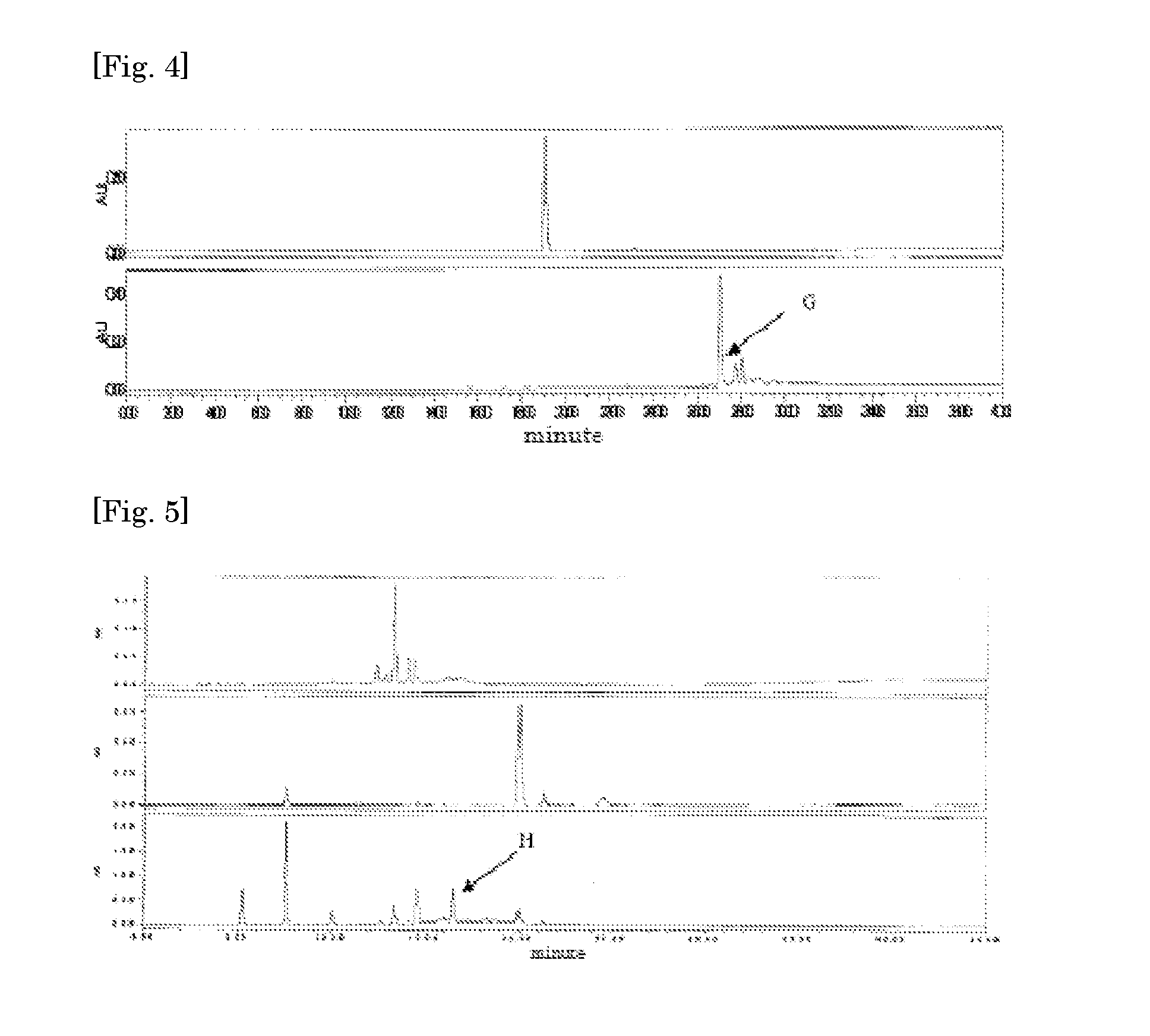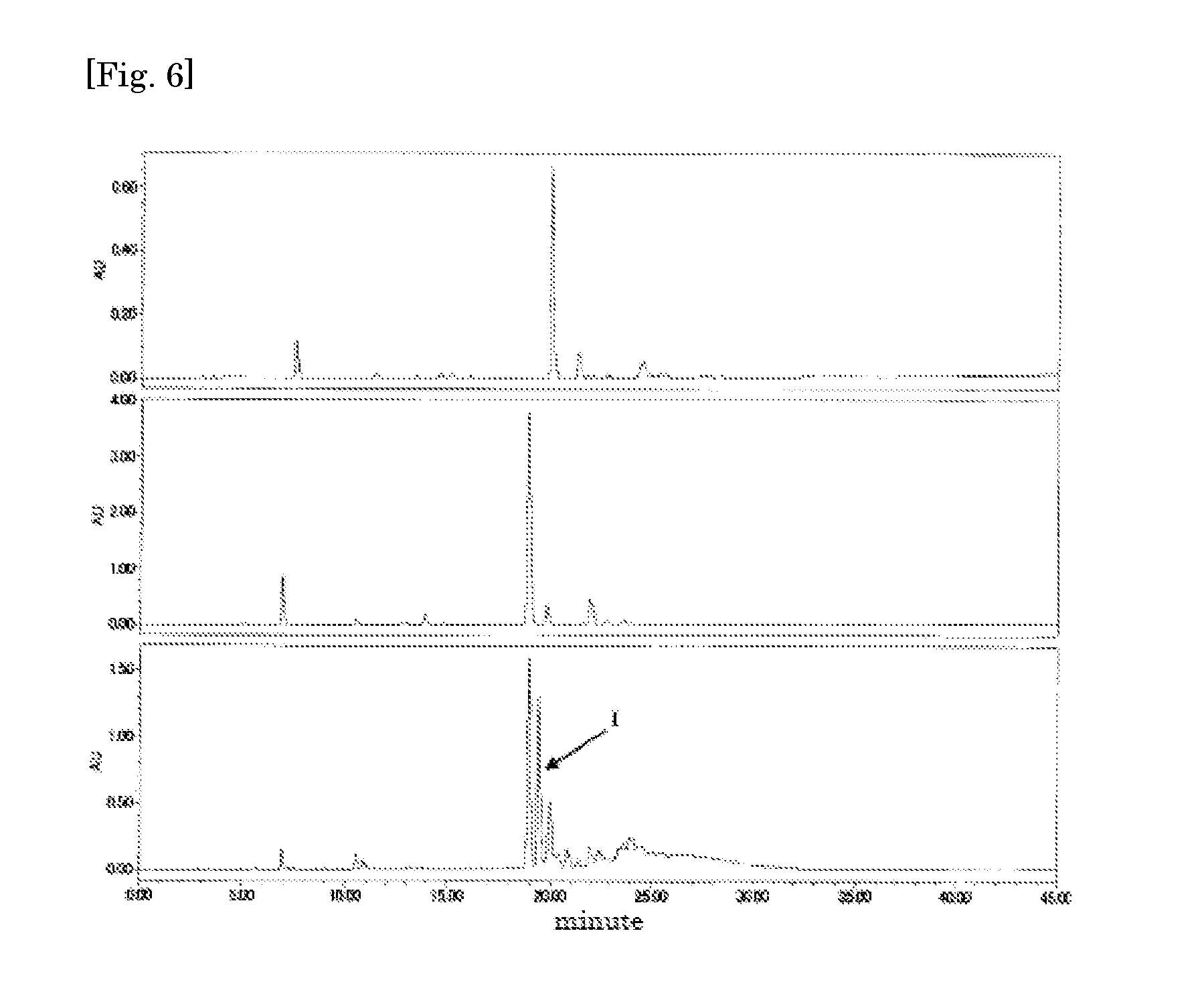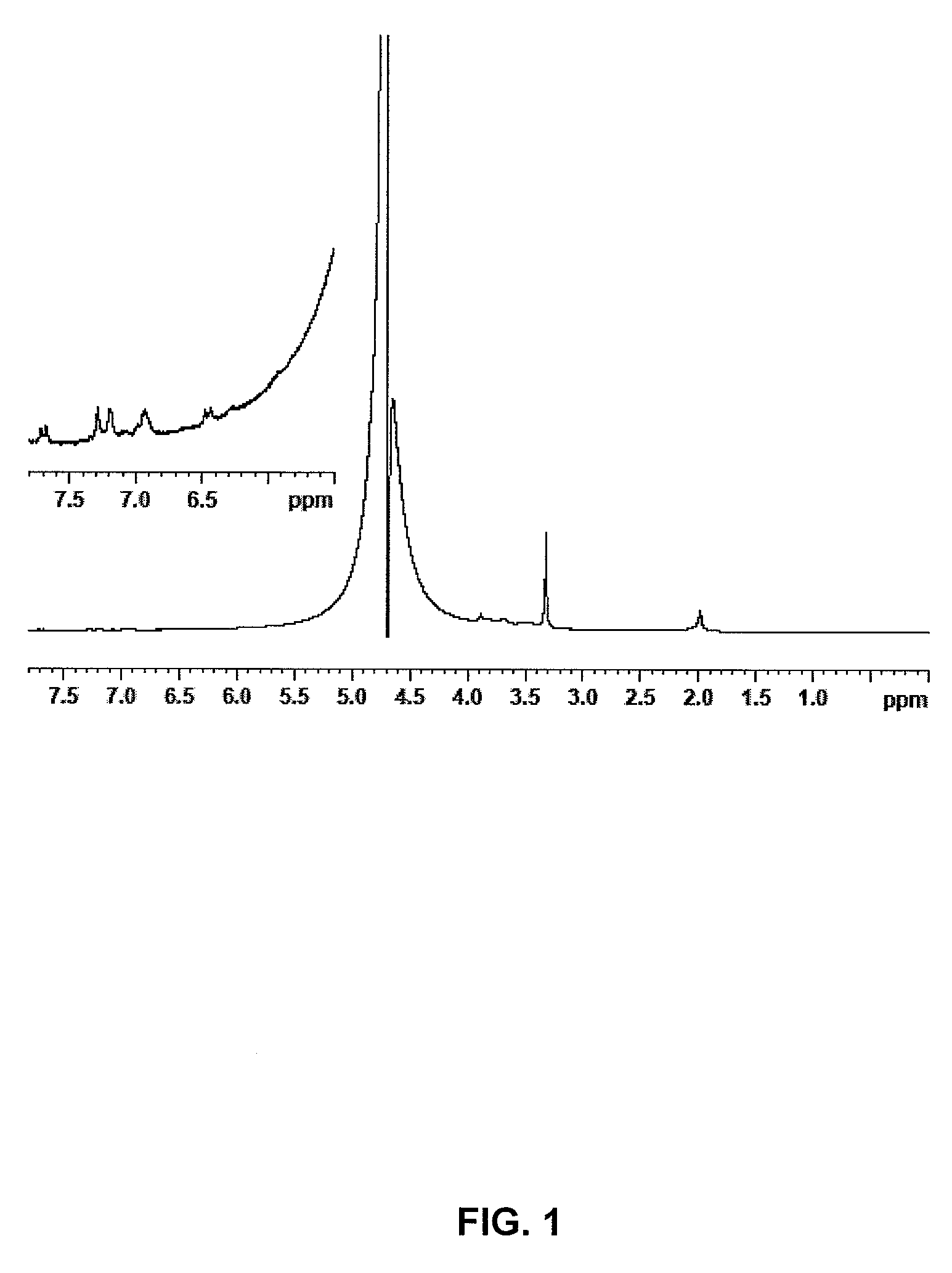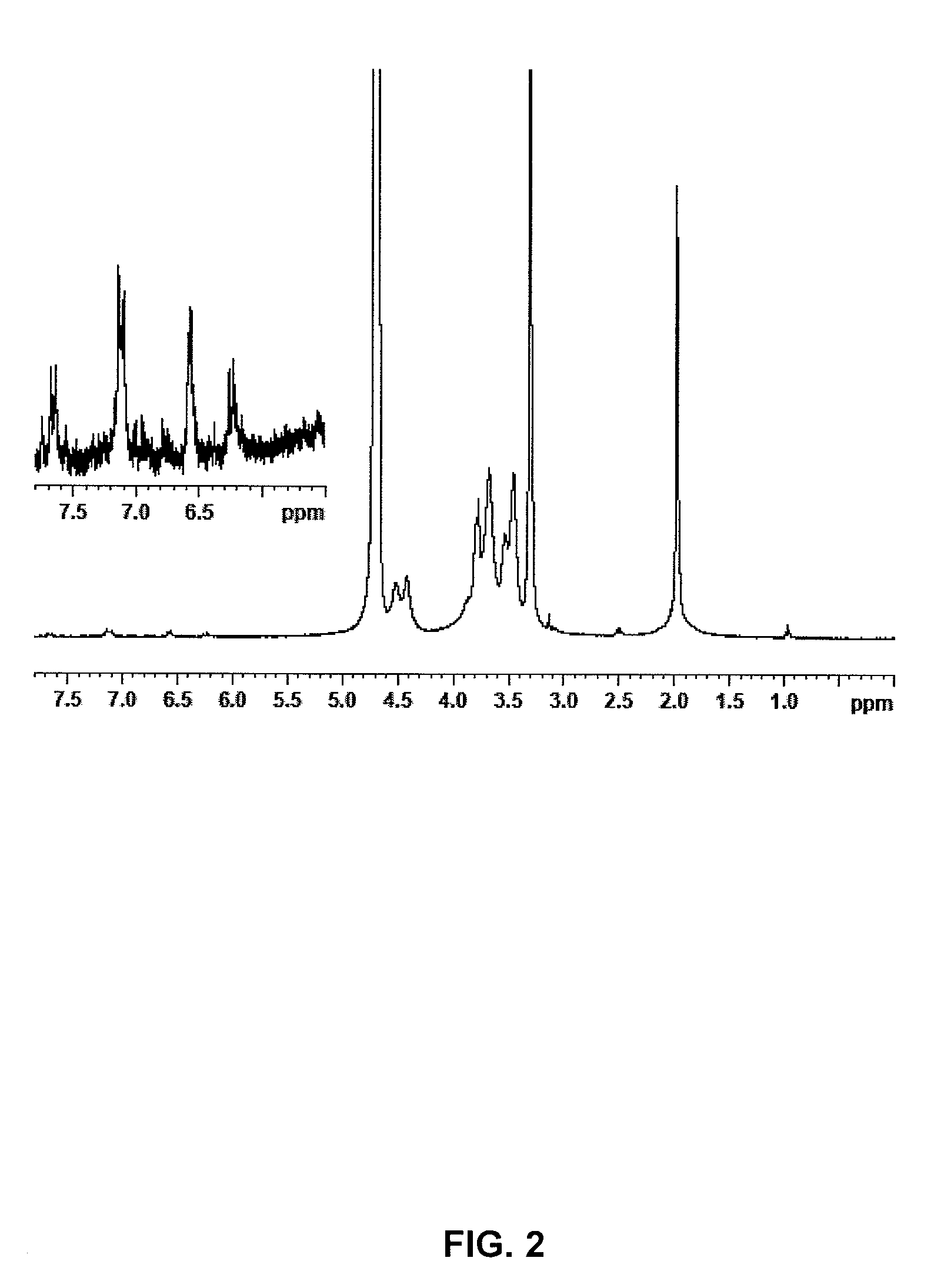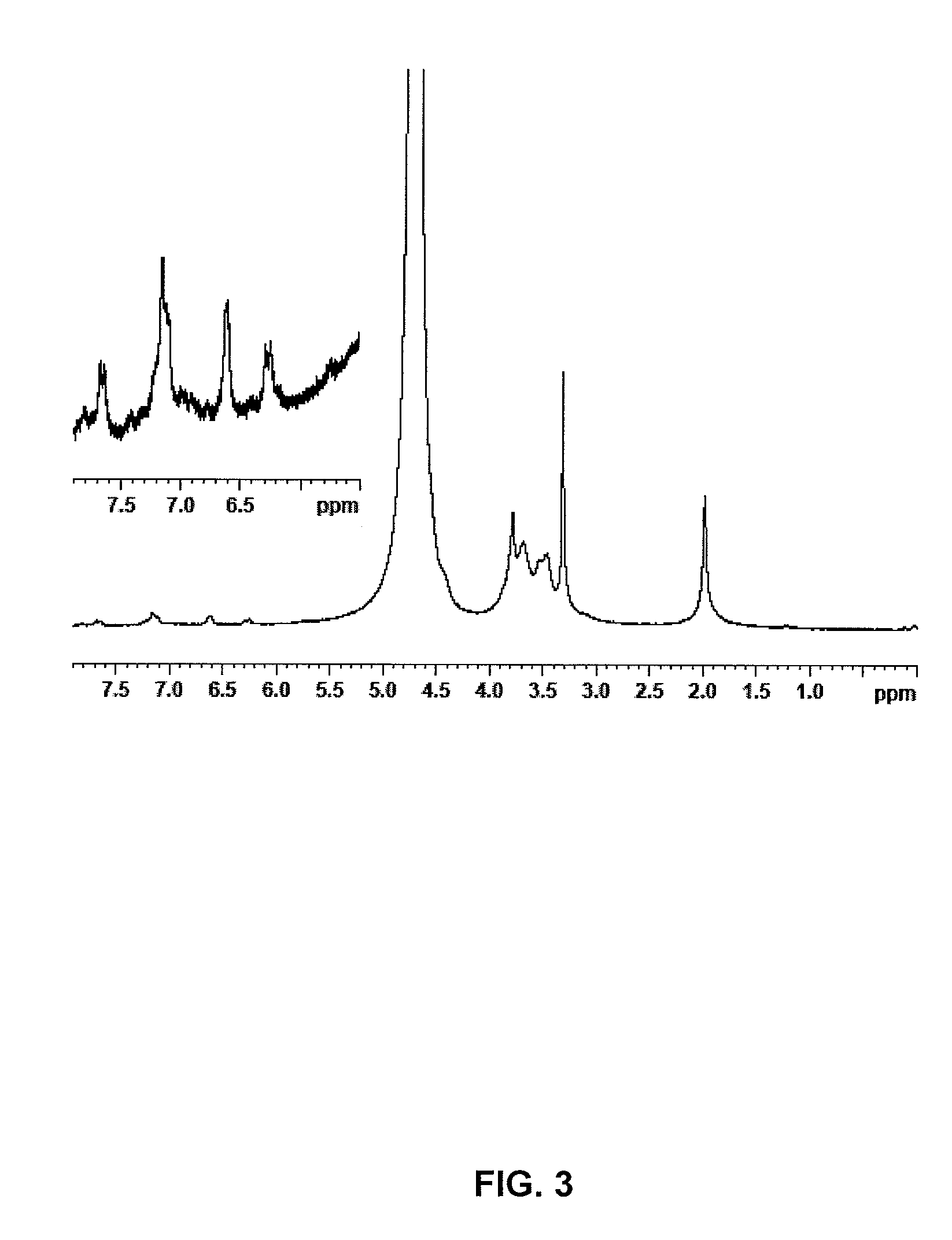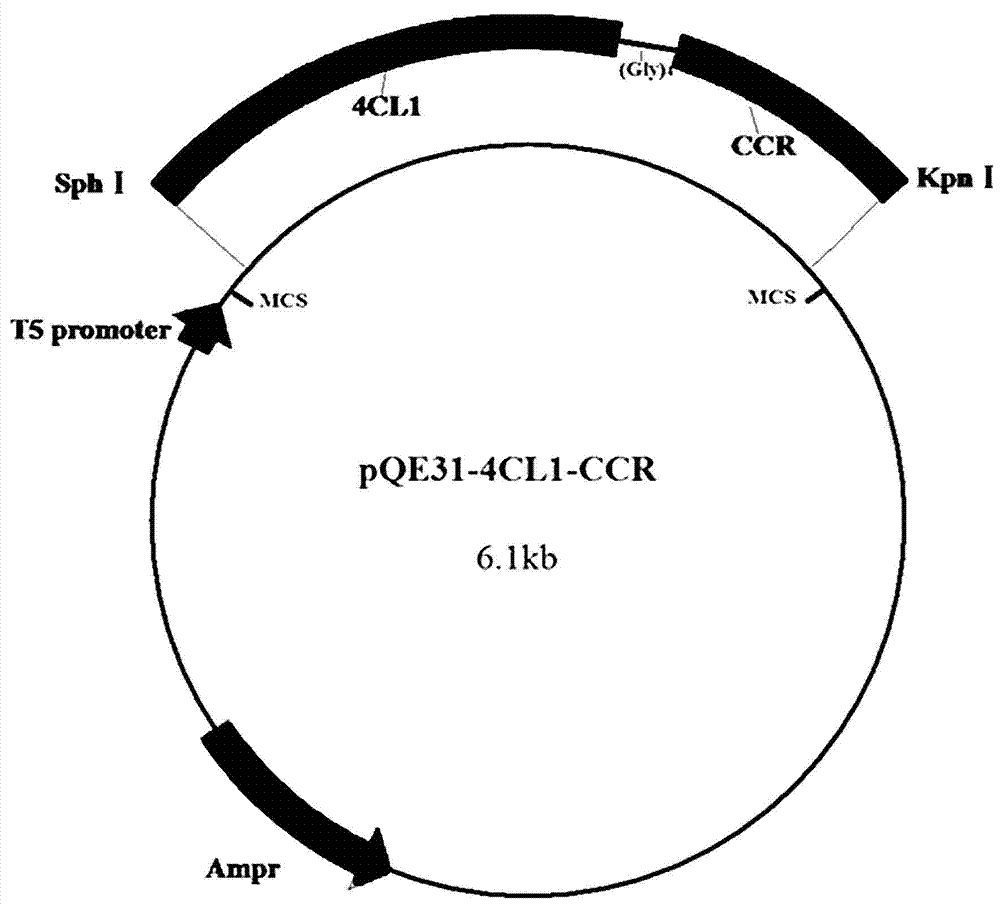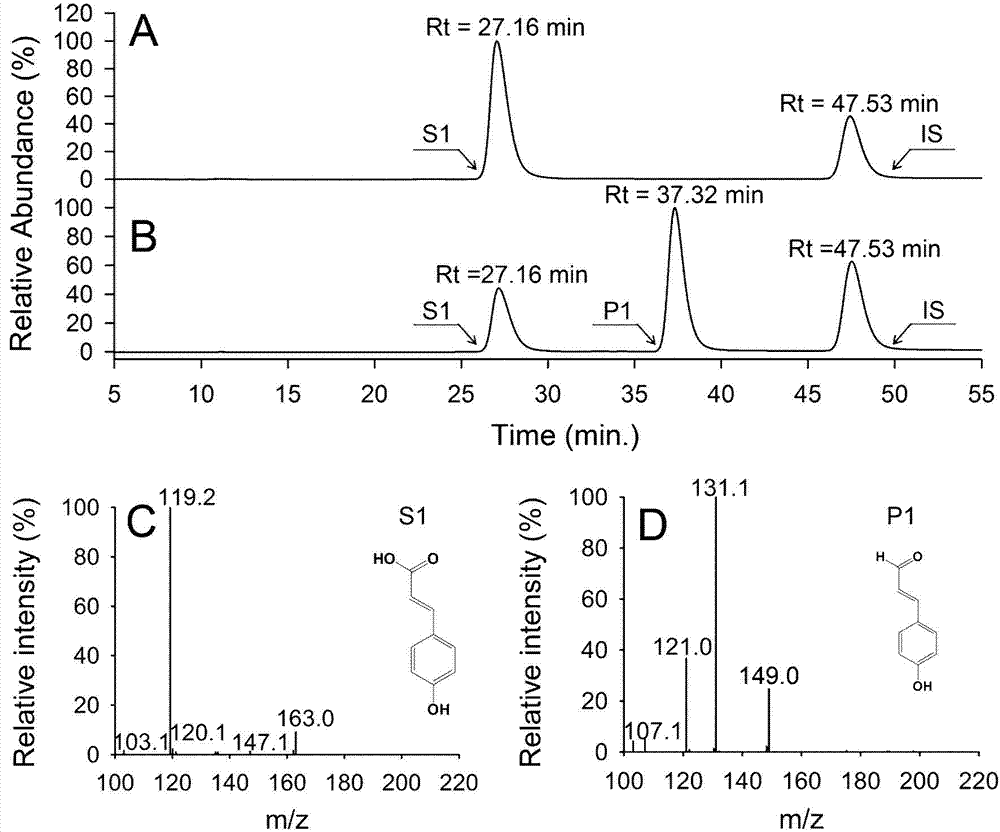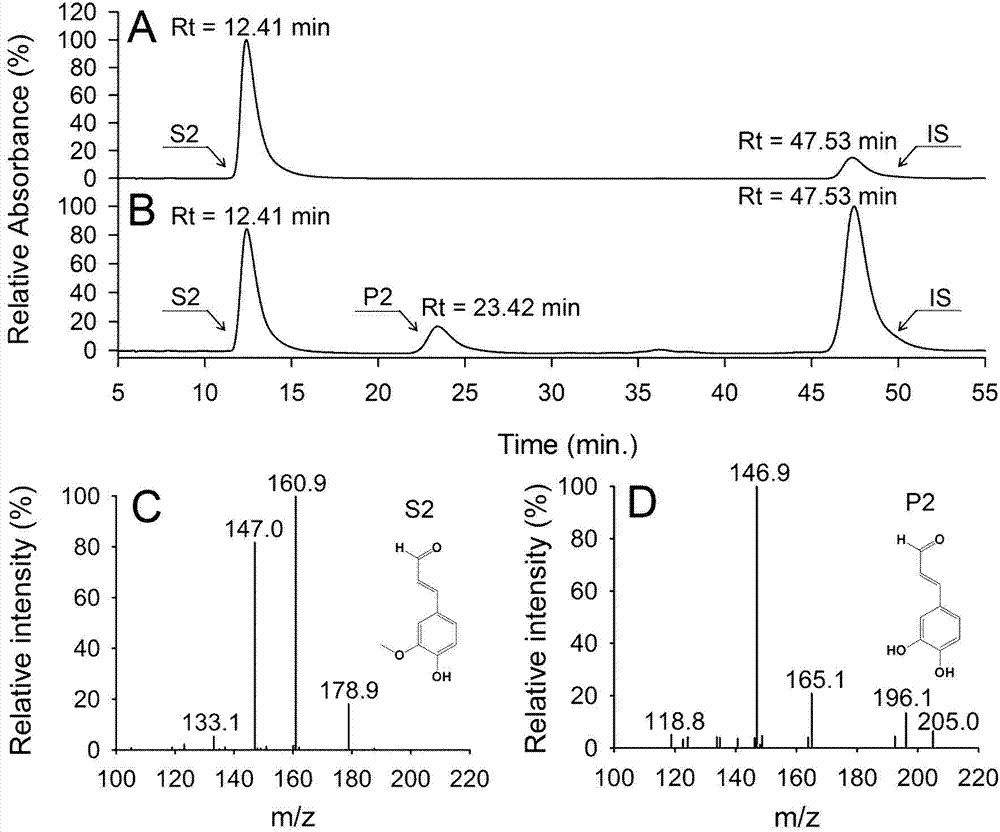Patents
Literature
282 results about "Hydroxycinnamic acid" patented technology
Efficacy Topic
Property
Owner
Technical Advancement
Application Domain
Technology Topic
Technology Field Word
Patent Country/Region
Patent Type
Patent Status
Application Year
Inventor
Hydroxycinnamic acids (hydroxycinnamates) are a class of aromatic acids or phenylpropanoids having a C₆–C₃ skeleton. These compounds are hydroxy derivatives of cinnamic acid.
Analyte injection system
InactiveUS20050133370A1Increase in sizeShort amount of timeSludge treatmentVolume/mass flow measurementGlutaric acidAntibody conjugate
This invention provides methods and devices for spatially separating at least first and second components in a sample which in one exemplary embodiment comprises introducing the first and second components into a first microfluidic channel of a microfluidic device in a carrier fluid comprising a spacer electrolyte solution and stacking the first and second components by isotachophoresis between a leading electrolyte solution and a trailing electrolyte solution, wherein the spacer electrolyte solution comprises ions which have an intermediate mobility in an electric field between the mobility of the ions present in the leading and trailing electrolyte solutions and wherein the spacer electrolyte solution comprises at least one of the following spacer ions MOPS, MES, Nonanoic acid, D-Glucuronic acid, Acetylsalicyclic acid, 4-Ethoxybenzoic acid, Glutaric acid, 3-Phenylpropionic acid, Phenoxyacetic acid, Cysteine, hippuric acid, p-hydroxyphenylacetic acid, isopropylmalonic acid, itaconic acid, citraconic acid, 3,5-dimethylbenzoic acid, 2,3-dimethylbenzoic acid, p-hydroxycinnamic acid, and 5-br-2,4-dihydroxybenzoic acid, and wherein the first component comprises a DNA-antibody conjugate and the second component comprises a complex of the DNA-antibody conjugate and an analyte.
Owner:WAKO PURE CHEMICAL INDUSTRIES +1
Bioproduction of para-hydroxycinnamic acid
InactiveUS6368837B1Increased substrate specificityEnhanced TAL activityMicroorganism based processesOxidoreductasesEscherichia coliTyrosine
Owner:DUPONT US HLDG LLC
Bioproduction of para-hydroxycinnamic acid
The present invention provides several methods for biological production of para-hydroxycinnamic acid (PHCA). The invention is also directed to the discovery of new fungi and bacteria that possess the ability to convert cinnamate to PHCA. The invention relates to developing of a new biocatalyst for conversion of glucose to PHCA by incorporation of the wild type PAL from the yeast Rhodotorula glutinis into E. coli underlining the ability of the wildtype PAL to convert tyrosine to PHCA. The invention is also directed to developing a new biocatalyst for conversion of glucose to PHCA by incorporation of the wildtype PAL from the yeast Rhodotorula glutinis plus the plant cytochrome P-450 and the cytochrome P-450 reductase into E. coli. In yet another embodiment, the present invention provides for the developing of a new biocatalyst through mutagenesis of the wild type yeast PAL which possesses enhanced tyrosine ammonia-lyase (TAL) activity.
Owner:GATENBY ANTHONY A +4
Para-coumaric acid or para-hydroxycinnamic acid derivatives and their use in cosmetic or dermatological compositions
The invention relates to the use of para-coumaric acid or para-hydroxycinnamic acid derivatives in cosmetic or dermatological compositions, specifically to the use of at least one compound derived from para-coumaric acid having a general formula (I) below: in which, especially, Z represents an oxygen or an —NH— group; X and Y are identical and each represent a CH or CH2 group, as an active principle with depigmenting, free-radical-scavenging and / or antiinflammatory activity. The invention also relates to the use of the above compounds for cosmetic care or for the preparation of a pharmaceutical composition, especially for depigmenting an area of skin, having antiradical and / or antiinflammatory activity.
Owner:BASF BEAUTY CARE SOLUTIONS FRANCE SAS +1
Polynucleotide encoding a mutant Rhodotorula glutinis tyrosine ammonia lyase polypeptide
The present invention provides several methods for biological production of para-hydroxycinnamic acid (PHCA). The invention is also directed to the discovery of new fungi and bacteria that possess the ability to convert cinnamate to PHCA. The invention relates to developing of a new biocatalyst for conversion of glucose to PHCA by incorporation of the wild type PAL from the yeast Rhodotorula glutinis into E. coli underlining the ability of the wildtype PAL to convert tyrosine to PHCA. The invention is also directed to developing a new biocatalyst for conversion of glucose to PHCA by incorporation of the wildtype PAL from the yeast Rhodotorula glutinis plus the plant cytochrome P-450 and the cytochrome P-450 reductase into E. coli. In yet another embodiment, the present invention provides for the developing of a new biocatalyst through mutagenesis of the wild type yeast PAL which possesses enhanced tyrosine ammonia-lyase (TAL) activity.
Owner:EI DU PONT DE NEMOURS & CO
Topical agent for dermatological use
The objetive of the present invention was to enhance the skin whitening effects and blackening prevention effects and supply safe and stable topical agents for dermatological use. For that purpose 4-Hydroxyphenyl-alpha-D-glucopyranoside was combined with auxiliary agents such as ascorbic acid and its derivatives, crude drugs and its extracts, hydroxycarboxylic acid and its salts, oil soluble glycyrrhiza extract, gentian extract, phenol derivatives and their salts, placenta extract, kojic acid and its derivative, glucosamine and its derivatives, azelaic acid and its derivatives, retinol and its derivatives, pyridoxin and its derivatives, tocopherol and its derivatives, chitosan and its decomposition products, caffeic acid derivatives, hydroxycinnamate and its derivatives, Umbelliferae plant extracts, mycelial cultures and their extracts, plant leaves and their extracts.
Owner:DSM IP ASSETS BV +1
Nutritional compositions and methods for treating or preventing osteoporosis
InactiveUS20060040001A1Increasing bone mineral densityAffect maintenanceBiocideOrganic active ingredientsAdditive ingredientSoluble fiber
Disclosed are nutritional compositions and methods of using the compositions for treating or preventing osteoporosis. The compositions comprise (A) those dried fruit solids that inherently comprise flavonoids, hydroxycinnamic acids, and a fiber component of which at least about 20% by weight is soluble fiber, and (B) a soluble, indigestible oligosaccharide in addition to any soluble fiber inherently in the dried fruit solids. The dried fruit solids may also be characterized as those selected from dried plum, dried grape, dried date, or dried fig. The combination of dried fruit solids (e.g., dried plum solids) and soluble indigestible oligosaccharides (e.g., fructooligosaccharides) have been found to be surprisingly more effective in affecting bone mineral density than either component when used alone, thus allowing for reduced concentrations of such ingredients in a nutritional product form such as a beverage or solid nutritional bar.
Owner:ABBOTT LAB INC
Composition and method for treating hyperpigmented skin
InactiveUS20070166251A1Enhanced ability to lighten skin colorImprove breathabilityCosmetic preparationsHair cosmeticsSkin colorGlycol synthesis
Owner:LIPO CHEM
Preparation of high purity chlorogenic acid preparation and clinical application thereof
InactiveCN102391119AAntibacterialSuppressor mutationAntibacterial agentsOrganic active ingredientsDiseaseChlorogenic acid
Chlorogenic acid, i.e. 1, 3, 4, 5-tetrahydroxycyclohexanecarboxylic acid-(3, 4-dihydroxycinnamic acid ester), exists in a plurality of plants, and also, high purity chlorogenic acid can be prepared through synthesis. Chlorogenic acid has a lot of biological activity, such as antibacterium, antivirus, antioxidation, antitumor and the like. However, there exists no report and research on oral preparations prepared by high purity chlorogenic acid and application of the preparations in clinics. In the invention, high purity chlorogenic acid is extracted from plants or obtained through synthesis, and is then added with a proper amount of accessories, thus obtaining oral preparations like tablets, capsules, granules, oral solutions, etc. The preparations provided in the invention can be applied in clinics for treating cardio-cerebrovascular diseases, infections, hepatitis B, tumors and other diseases, and also can be used in health care medicines for heat clearing and detoxifying, face nursing and skin moistening, as well as hangover relieving, etc.
Owner:肖文辉 +1
Preparation method of double-sensitivity cyclodextrin supermolecule aggregate
The invention discloses a preparation method of a double-sensitivity cyclodextrin supermolecule aggregate, belonging to the technical field of functional materials. The preparation method comprises the following steps of preparing a host molecule-photosensitive 4-hydroxycinnamic acid-cyclodextrin (4HCA-CD) by using 4-hydroxycinnamic acid (4HCA) to modify beta-cyclodextrin (beta-CD); using trithioester with adamantine (AD) at tail end as a chain transfer agent, and preparing temperature-sensitive object polymer-double-arm adamantine-poly(N-isopropyl acrylamide)-adamantine (AD-PNIPAM-AD) by using a reversible addition-fragmentation chain transfer free radical polymerization (RAFT) method; constructing a double-sensitivity supermolecule inclusion complex 4HCA-CD / AD-PNIPAM-AD by utilizing comprehensive performance of a beta-CD dewatering cavity and AD; and self-assembling the 4HCA-CD / AD-PNIPAM-AD to form the supermolecule aggregate which is capable of realizing reversible conversion in shape and size by changing light and temperature. The supermolecule aggregate prepared by the preparation method disclosed by the invention has good light / temperature double sensitivities and is capable of carrying out smart response onto external stimulus, so that the supermolecule aggregate has a wide application prospect in the fields of drug loading, controlled release, and the like.
Owner:JIANGNAN UNIV
Antimicrobial compositions
The present invention provides an antimicrobial composition comprising an antimicrobial effective amount (such as a preservative, bactericidal, and / or fungicidal effective amount) of a mixture comprising at least two of:(a) lemon grass oil;(b) cinnamaldehyde, cinnamon oil, Cinnamomum cassia, cinnamon extract, cassia leaf oil, 3,4-dihydroxycinnamic acid or salt thereof, or a mixture thereof;(c) sorbic acid, or a salt thereof;(d) erythorbic acid, or a salt thereof;(e) benzoic acid, or a salt thereof;(f) arabinogalactan, galactoarabinan, or a mixture thereof;(g) a hexahydro-iso-alpha-acid, tetrahydro-iso-alpha-acid, or a mixture thereof;(h) Achillea fragrantissima (Santolina fragrantissima Forssk., lavender cotton) oil; and(i) δ-gluconolactone.The present invention also provides a product (preferably a product other than a foodstuff, pharmaceutical, or cosmetic) comprising a preservative effective amount of cinnamaldehyde or a mixture of cinnamaldehyde and one or more alkanol-dialkyl hydantoins.
Owner:LONZA INC
Anti-reflective coating composition with improved spin bowl compatibility
InactiveUS6962769B2Extended shelf lifeRadiation applicationsLayered productsAnti-reflective coatingAdditive ingredient
Anti-reflective compositions and methods of using those compositions to form circuits are provided. The compositions comprise a polymer dissolved or dispersed in a solvent system. In one embodiment, the compositions comprise less than about 0.3% by weight of a strong acid. In another embodiment, the weight ratio of strong acid to weak acid in the composition is from about 0:100 to about 25:75. Examples of preferred weak acid compounds include phenolic compounds (e.g., Bisphenol S, Bisphenol A, α-cyano-4-hydroxycinnamic acid), carboxylic acids (e.g., acetic acid), phosphoric acid, and cyano compounds. The polymer and other ingredients are preferably physically mixed in a solvent system. The resulting compositions are spin bowl compatible (i.e., they do not crosslink prior to the bake stages of the microlithographic processes or during storage at room temperature).
Owner:BREWER SCI
Nutritional compositions and methods for treating or preventing osteoporosis
InactiveUS20090011078A1High densityAffect maintenanceOrganic active ingredientsVitamin food ingredientsAdditive ingredientSoluble fiber
Owner:ABBOTT LAB INC
Bioproduction of para-hydroxycinnamic acid
InactiveUS20010053847A1Increased substrate specificityEnhanced TAL activitySugar derivativesBacteriaTyrosine ammonia-lyase activityTyrosine
The present invention provides several methods for biological production of para-hydroxycinnamic acid (PHCA). The invention is also directed to the discovery of new fungi and bacteria that possess the ability to convert cinnamate to PHCA. The invention relates to developing of a new biocatalyst for conversion of glucose to PHCA by incorporation of the wild type PAL from the yeast Rhodotorula glutinis into E. coli underlining the ability of the wildtype PAL to convert tyrosine to PHCA. The invention is also directed to developing a new biocatalyst for conversion of glucose to PHCA by incorporation of the wildtype PAL from the yeast Rhodotorula glutinis plus the plant cytochrome P-450 and the cytochrome P-450 reductase into E. coli. In yet another embodiment, the present invention provides for the developing of a new biocatalyst through mutagenesis of the wild type yeast PAL which possesses enhanced tyrosine ammonia-lyase (TAL) activity.
Owner:EI DU PONT DE NEMOURS & CO
Method for controlling body weight in estrogen-insufficient women
InactiveUS20070098821A1High densityEasy to controlBiocideOrganic active ingredientsSoluble fiberBody weight
Disclosed are methods of controlling body weight in estrogen-insufficient women by administering compositions comprising (A) those dried fruit solids that inherently comprise flavonoids, hydroxycinnamic acids, and a fiber component of which at least about 20% by weight is soluble fiber, and (B) a soluble, indigestible oligosaccharide in addition to any soluble fiber inherently in the dried fruit solids. The dried fruit solids may also be characterized as those selected from dried plum, dried grape, dried date, or dried fig. Administration of dried fruit solids (e.g., dried plum solids) in combination with soluble indigestible oligosaccharides (e.g., fructooligosaccharides) are surprisingly effective in controlling body weight gain in estrogen-insufficient women.
Owner:ABBOTT LAB INC
Method for measuring hydrophobic peptides using maldi mass spectrometer
InactiveUS20050224710A1Efficient ionizationIon sources/gunsIsotope separationMass spectrometric2-nitrobenzenesulfenyl chloride
The present invention provides a method capable of efficiently ionizing hydrophobic peptides in MALDI-IT, MALDI-IT-TOF, and MALDI-FTICR mass spectrometers. A method of measuring a peptide with a mass spectrometer having a MALDI (Matrix Assisted Laser Desorption / Ionization) ion source, using α-cyano-3-hydroxycinnamic acid or 3-hydroxy-4-nitrobenzoic acid as a matrix. Preferably, a peptide derivatized with 2-nitrobenzenesulfenyl chloride is measured with a MALDI-IT, MALDI-IT-TOF, or MALDI-FTICR mass spectrometer. When 3-hydroxy-4-nitrobenzoic acid is used as a matrix, the matrix is preferably used as a mixed matrix in which α-cyano-4-hydroxycinnamic acid is combined.
Owner:SHIMADZU CORP
Antimicrobial compositions
The present invention provides an antimicrobial composition comprising an antimicrobial effective amount (such as a preservative, bactericidal, and / or fungicidal effective amount) of a mixture comprising at least two of:(a) lemon grass oil;(b) cinnamaldehyde, cinnamon oil, Cinnamomum cassia, cinnamon extract, cassia leaf oil, 3,4-dihydroxycinnamic acid or salt thereof, or a mixture thereof;(c) sorbic acid, or a salt thereof;(d) erythorbic acid, or a salt thereof;(e) benzoic acid, or a salt thereof;(f) arabinogalactan, galactoarabinan, or a mixture thereof;(g) a hexahydro-iso-alpha-acid, tetrahydro-iso-alpha-acid, or a mixture thereof;(h) Achillea fragrantissima (Santolina fragrantissima Forssk., lavender cotton) oil; and(i) δ-gluconolactone.The present invention also provides a product (preferably a product other than a foodstuff, pharmaceutical, or cosmetic) comprising a preservative effective amount of cinnamaldehyde or a mixture of cinnamaldehyde and one or more alkanol-dialkyl hydantoins.
Owner:ARXADA LLC
Method for selective measurement of specific substances from a mixture by maldi mass spectrometry
InactiveUS20060243899A1Cost-effectiveParticle separator tubesIsotope separationMass Spectrometry-Mass SpectrometryAnalysis method
The present invention provides a method which is capable of mainly detecting the objective substance by mass spectrometry and can also be applied effectively to a sample to be measured without conducting enrichment process. A mass spectrometric method comprising: in a mass spectrometry specifically ionizing a specific substance to be measured contained in a mixture sample containing the specific substance and a substance other than the specific substance by using a matrix that is more likely to ionize the specific substance than the substance other than the specific substance, to selectively measure the specific substance from the mixture. Preferably, the specific substance is a peptide modified with 2-nitrobenzenesulfenyl chloride, and the matrix is a nitrobenzene derivative such as hydroxynitrobenzoic acid. The matrix is preferably used in combination with α-cyano-4-hydroxycinnamic acid.
Owner:SHIMADZU CORP
Functionalized hydrophilic macromonomers and medical devices incorporating same
A macromonomer of the present invention comprises at least functional group and a plurality of hydrophilic moieties. Such a functional group can be an ethylenically unsaturated group that comprises acrylate, methacrylate, sinapate (or 3,5-dimethoxy-4-hydroxycinnamate), cinnamate (or 3-phenylacrylate), senecioate (or 3,3-dimethylacrylate), crotonate, maleate, fumarate, itaconate, vinyl, allyl, or styryl group. Polymeric materials comprise such a macromonomer are used advantageously to provide a hydrophilic or lubricious (or both) coating on polymeric articles, such as medical devices. Such polymeric materials can comprise units of other hydrophilic monomers.
Owner:BAUSCH & LOMB INC
Method for controlling body weight in estrogen-insufficient women
InactiveUS7435431B2High densityEasy to controlBiocideVitamin food ingredientsSoluble fiberFructooligosaccharide
Disclosed are methods of controlling body weight in estrogen-insufficient women by administering compositions comprising (A) those dried fruit solids that inherently comprise flavonoids, hydroxycinnamic acids, and a fiber component of which at least about 20% by weight is soluble fiber, and (B) a soluble, indigestible oligosaccharide in addition to any soluble fiber inherently in the dried fruit solids. The dried fruit solids may also be characterized as those selected from dried plum, dried grape, dried date, or dried fig. Administration of dried fruit solids (e.g., dried plum solids) in combination with soluble indigestible oligosaccharides (e.g., fructooligosaccharides) are surprisingly effective in controlling body weight gain in estrogen-insufficient women.
Owner:ABBOTT LAB INC
Preparation method for biodegradable fluorescent polyester multipolymer
InactiveCN101544749AMolecular weight controllableControllable glass transition temperatureSodium acetatePolyester
The invention relates to a preparation method for a biodegradable fluorescent polyester copolymer, belonging to the field of functional materials. The method comprises the following steps: using 3,4-dihydroxy cinnamic acid as a main monomer, using PEG400, PEG1000, PEG2000, PEG4000 and PEG6000 with different molecular weights, lactic acid, p-hydroxybenzoic acid or lithocholic acid as functional monomers and using sodium acetate as a catalyzer and acetic anhydride as a solvent; and adopting a two-step melting polycondensation method to obtain a caffeic acid ester copolymer with controllable molecular weight, glass transition temperature, fluorescence intensity, degradation speed, and the like so that the caffeic acid ester copolymer can be used as a degradation material or a fluorescent probe and applied to the fields of organizational projects, biological medicines, environmental protection, and the like. The invention provides a simple convenient high-efficiency method for preparing the biodegradable copolymer which has fluorescent performance.
Owner:JIANGNAN UNIV
Photostable photoprotective compositions comprising dibenzoylmethane and bis-resorcinyl triazine compounds and a compound that accepts the excited triplet level energy of said dibenzoylmethane(s)
InactiveUS7431917B2High photochemical stabilityImproving the stability of at least one dibenzoylmethane compoundCosmetic preparationsToilet preparationsSunscreen agentsPhotochemistry
Topically applicable, improvedly photostabilized, photoprotective cosmetic / dermatological compositions contain (i) an effective UV-screening amount of at least one dibenzoylmethane sunscreen and an effective photostabilizing amount of (ii) at least one bis-resorcinyl triazine compound and (iii) at least one compound accepting the excited triplet level energy of said at least one dibenzoylmethane sunscreen, notably at least one 4-hydroxybenzylidenemalonate compound, 4-hydroxycinnamate compound, fluorene compound, piperidinol salt, or mixture thereof, formulated into (iv) a topically applicable, cosmetically / dermatologically acceptable support therefor.
Owner:LOREAL SA
Antimicrobial compositions
InactiveCN1688329ACosmetic preparationsOrganic detergent compounding agentsBenzoic acidGlucono delta-lactone
The present invention provides an antimicrobial composition comprising an antimicrobial effective amount (such as a preservative, bactericidal, and / or fungicidal effective amount) of a mixture comprising at least two of: (a) lemon grass oil; (b) cinnamaldehyde, cinnamon oil, cinnamomum cassia, cinnamon extract, cassia leaf oil, 3,4-dihydroxycinnamic acid or salt thereof, or a mixture thereof; (c) sorbic acid, or a salt thereof; (d) erythorbic acid, or a salt thereof; (e) benzoic acid, or a salt thereof; (f) arabinogalactan, galactoarabinan, or a mixture thereof; (g) a hexahydro-iso-alpha-acid, tetrahydro-iso-alpha-acid, or a mixture thereof; (h) Achillea fragrantissima oils, Santolina fragrantissima oils, Forssk oils, Lavender cotton oils; and (i) Glucono Delta Lactone. The present invention also provides a product (preferably a product other than a foodstuff, pharmaceutical, or cosmetic) comprising a preservative effective amount of cinnamaldehyde or a mixture of cinnamaldehyde and one or more alkanol-dialkyl hydantoins.
Owner:LONZA LTD
Alpha-cyano-4-hydroxy cinnamic acid derivative and preparation method and application thereof
ActiveCN104447406ASimple preparation processSignificant effectSenses disorderNervous disorderDiseaseAlpha-Cyano-4-hydroxycinnamic acid
Owner:广州药本君安医药科技股份有限公司
Recombinant escherichia coli capable of producing cinnamic alcohol and rosin, and construction method and applications thereof
ActiveCN108203713AClear backgroundGrow fastCarbon-nitrogen lyasesBacteriaEscherichia coliUdp glucosyltransferase
The invention discloses a recombinant escherichia coli capable of producing cinnamic alcohol and rosin, and a construction method and applications thereof. The construction method comprises followingsteps: phenylalnine ammonialyase PAL, p-hydroxycinnamic acid coenzyme A ligase 4CL, and cinnamamide coenzyme A reductase CCR are introduced into Escherichia coli so as to obtain the recombinant escherichia coli capable of producing cinnamic alcohol. In the construction method, Escherichia coli is taken as a model organism, the background is clear, growth speed is high, large scale fermentation culture is convenient to realize, and cost is low. The recombinant escherichia coli capable of producing cinnamic alcohol and rosin is obtained via construction of a cinnamic alcohol synthesis pathway, the cinnamic alcohol yield is 300mg / L; UDP glucosyltransferase is introduced into Escherichia coli further, so that organic combination of biological synthesis pathways of rosin and cinnamic alcohol isrealized, the highest rosin yield is 280mg / L. The construction method is capable of providing large scale industrialized production of cinnamic alcohol and / or rosin with foundation.
Owner:TIANJIN INST OF IND BIOTECH CHINESE ACADEMY OF SCI
Photostable photoprotective compositions comprising dibenzoylmethane and bis-resorcinyl triazine compounds and a compound that accepts the excited triplet level energy of said dibenzoylmethane(s)
InactiveUS20060083699A1High photochemical stabilityImproving the stability of at least one dibenzoylmethane compoundCosmetic preparationsToilet preparationsPhotochemistryDibenzoylmethane
Topically applicable, improvedly photostabilized, photoprotective cosmetic / dermatological compositions contain (i) an effective UV-screening amount of at least one dibenzoylmethane sunscreen and an effective photostabilizing amount of (ii) at least one bis-resorcinyl triazine compound and (iii) at least one compound accepting the excited triplet level energy of said at least one dibenzoylmethane sunscreen, notably at least one 4-hydroxybenzylidenemalonate compound, 4-hydroxycinnamate compound, fluorene compound, piperidinol salt, or mixture thereof, formulated into (iv) a topically applicable, cosmetically / dermatologically acceptable support therefor.
Owner:LOREAL SA
Preparation of poplar antibacterial compounds and application thereof as bactericidal agent
The invention relates to preparation of a poplar antimicrobial compound and application thereof as an antimicrobial. The antimicrobial compounds are traced and separated from 107 branches of poplar in Europe and America; and through structural analysis, the antimicrobial compounds are para-hydroxy fat alkanol ester cinnamate, 5-hydroxy-7-methoxyflavone, 5, 7-ferrichrysin and 5, 7-dihydroxyflavanol. The invention first defines that flavone compounds are major antimicrobial compositions in the poplar, and simultaneously defines that extracts of the 107 poplars in Europe and America and antimicrobial compositions thereof have obvious inhibition activity to various phytopathogens, and can be used for prevention and treatment of insect pests and plant disease.
Owner:CHINA AGRI UNIV
Process for production of phenolic polymerizable compound having physiological activity
InactiveUS20130310611A1Improve physiological activityEfficiently and safely obtainedOrganic compound preparationEther preparationHydrogen atomChemical compound
A process for producing a phenolic polymerizable compound represented by formula (1) or (2); wherein X1-X9 independently represent a hydrogen atom, a hydroxy group, a saturated or unsaturated linear or branched alkoxy group having 1-10 carbon atoms, or a saturated or unsaturated linear or branched alkyl group having 1-10 carbon atoms; Y represents a hydrogen atom, a hydroxy group, a saturated or unsaturated linear or branched alkoxy group having 1-10 carbon atoms, a saturated or unsaturated linear or branched alkyl group having 1-10 carbon atoms, or a group represented by formula (6); and Z represents a hydrogen atom or a group represented by formula (3), which is characterized by heating a 4-hydroxycinnamic acid compound in the presence of a metal salt.
Owner:UHA MIKAKUTO CO LTD
Hyaluronic acid esters, their preparation and use in dermatology
New ester derivatives of hyaluronic acid with hydroxy-cinnamic acid, their rheological and anti-radical properties are used as protective agents in dermatology.
Owner:ROTTAPHARM SPA
Method for producing 4-hydroxycinnamaldehyde by catalyzing recombinant strain and whole cells thereof
InactiveCN104498540ARetain enzyme activityUnblockMicroorganism based processesOxidoreductasesSecondary metabolitePlant secondary metabolism
The invention discloses a method for producing 4-hydroxycinnamaldehyde by catalyzing a recombinant strain and whole cells thereof. The method is characterized in that 4-hydroxycinnamic acid is catalyzed by using whole cells of a recombinant strain as a biocatalyst to prepare the 4-hydroxycinnamaldehyde, and the method comprises the following steps: (1) constructing a recombinant strain E.coli M15 / pQE31-4CL1-CCR; (2) preparing whole cells of the recombinant strain; and (3) catalyzing the whole cells of the recombinant strain to produce the 4-hydroxycinnamaldehyde, and detecting the obtained product by high performance liquid chromatography-tandem mass spectrometry. The invention provides a path for synthesizing the 4-hydroxycinnamaldehyde by using a bioconversion method for the first time; the method has the advantages of mild reaction conditions, high enzyme activity, cost conservation, convenience in operation and the like; and the invention provides a new method for synthesizing the 4-hydroxycinnamaldehyde, and also provides a new thought for producing secondary metabolites of plants.
Owner:BEIJING FORESTRY UNIVERSITY +2
Features
- R&D
- Intellectual Property
- Life Sciences
- Materials
- Tech Scout
Why Patsnap Eureka
- Unparalleled Data Quality
- Higher Quality Content
- 60% Fewer Hallucinations
Social media
Patsnap Eureka Blog
Learn More Browse by: Latest US Patents, China's latest patents, Technical Efficacy Thesaurus, Application Domain, Technology Topic, Popular Technical Reports.
© 2025 PatSnap. All rights reserved.Legal|Privacy policy|Modern Slavery Act Transparency Statement|Sitemap|About US| Contact US: help@patsnap.com
